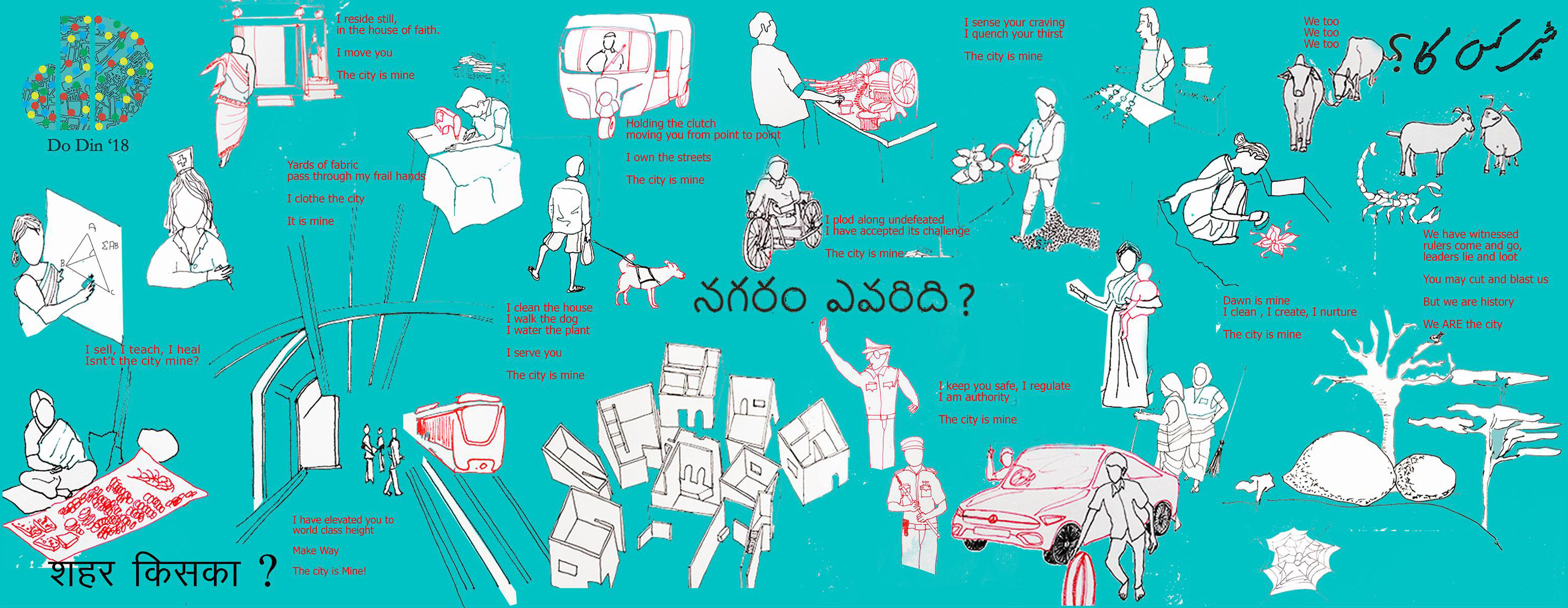
HYDERABAD URBAN LAB
Presents
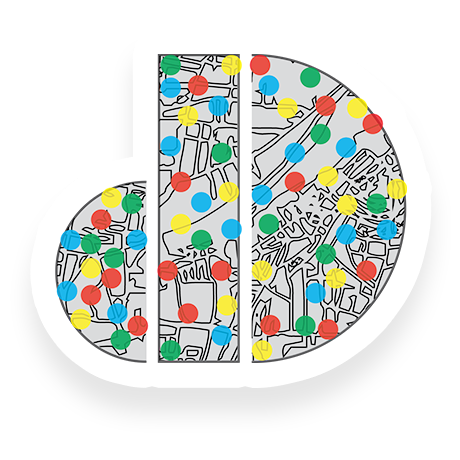
DO DIN 2018
as part of
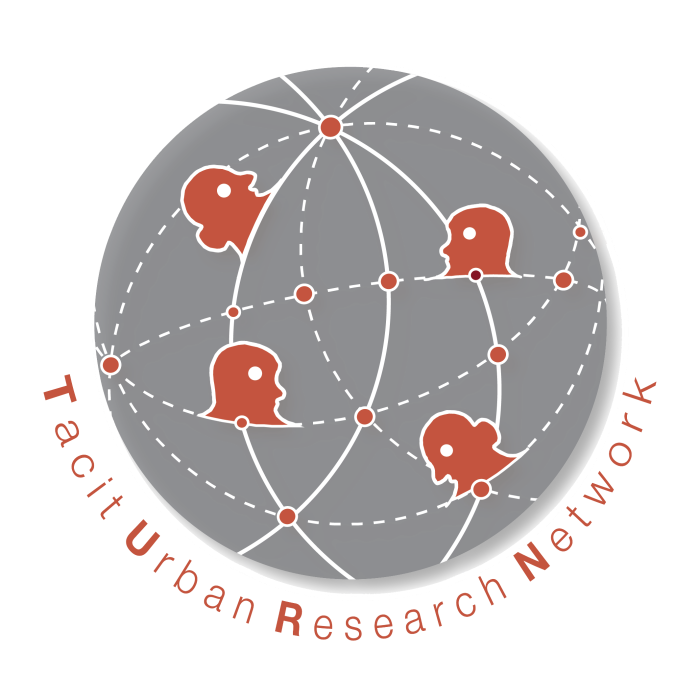
TURN
(Tacit Urban Research Network)
Disclaimer: We have noticed certain glitches in our video embedding. We are working on it. Thank you for your patience!



Disclaimer: We have noticed certain glitches in our video embedding. We are working on it. Thank you for your patience!
RECAP
What is Do Din
Do Din, simply means ‘two days’. In December every year, Hyderabad Urban Lab hosts a two day long open event at Vidyaranya School, Hyderabad for everyone interested and invested in the urban. In its fifth iteration the event has attempted once again to bring together diverse urban dwellers to share, participate, learn, teach, discover and perform around a theme. The theme of Do Din 2018 is: SHEHER KISKA, To Whom Does the City Belong?
Who Owns Do Din?
The organising committee of the first Do Din (2013) was an organic collective of individuals and groups of people who met under the aegis of HUL. When the question arose, “who owns Do Din?” the unanimous response was that the city and its people and all those who are part of Do Din own it. However there needs to be a core team that can organise the event and host it. HUL gave itself the mandate to fulfil this role. Over the years HUL also began to integrate its own work in research, engagement and pedagogy into the annual event alongside the work of guest organisations and individuals.
HUL maintains that Do Din belongs to everyone who chooses to be part of it.
Do Din turns five
We would like to believe that Do Din on its fifth birthday will be offering a deeper and stronger promise of possibilities that emerge when diverse views, opinions, intellects, talents and expressions coalesce into a kaleidoscopic community.

Preview
City Playlist For Do Din 2018 – Sheher Kiska?
THEME

The city is about inclusion and co-existence. The theme of Do Din, ‘Sheher Kiska’, is a call to see the city from perspectives other than one’s own. It is an invitation to think about our relationship to the city, to everything and everyone that is contained in the city and comprises the city. This Do Din hopes to expand the scope for people to reclaim the city.
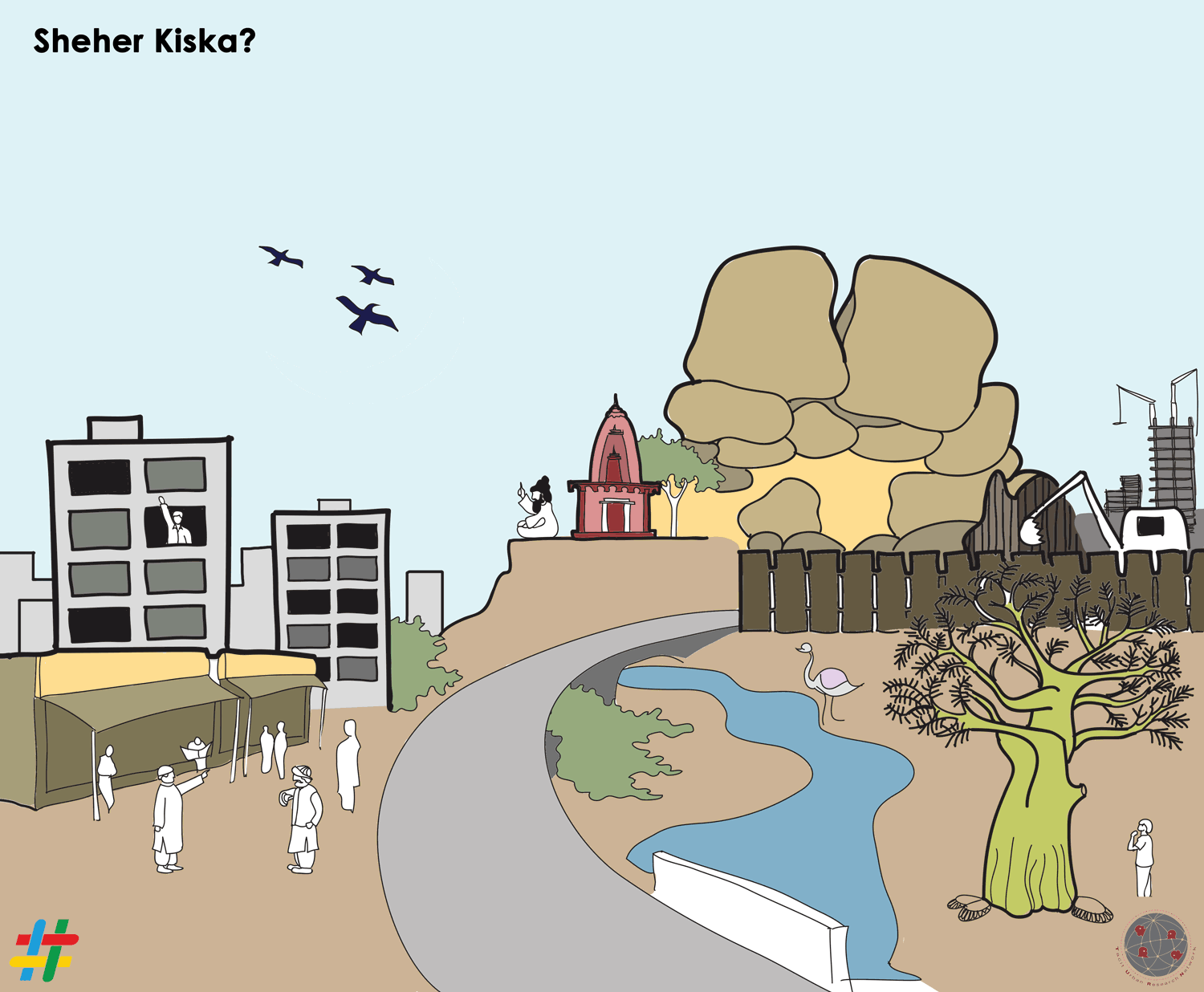
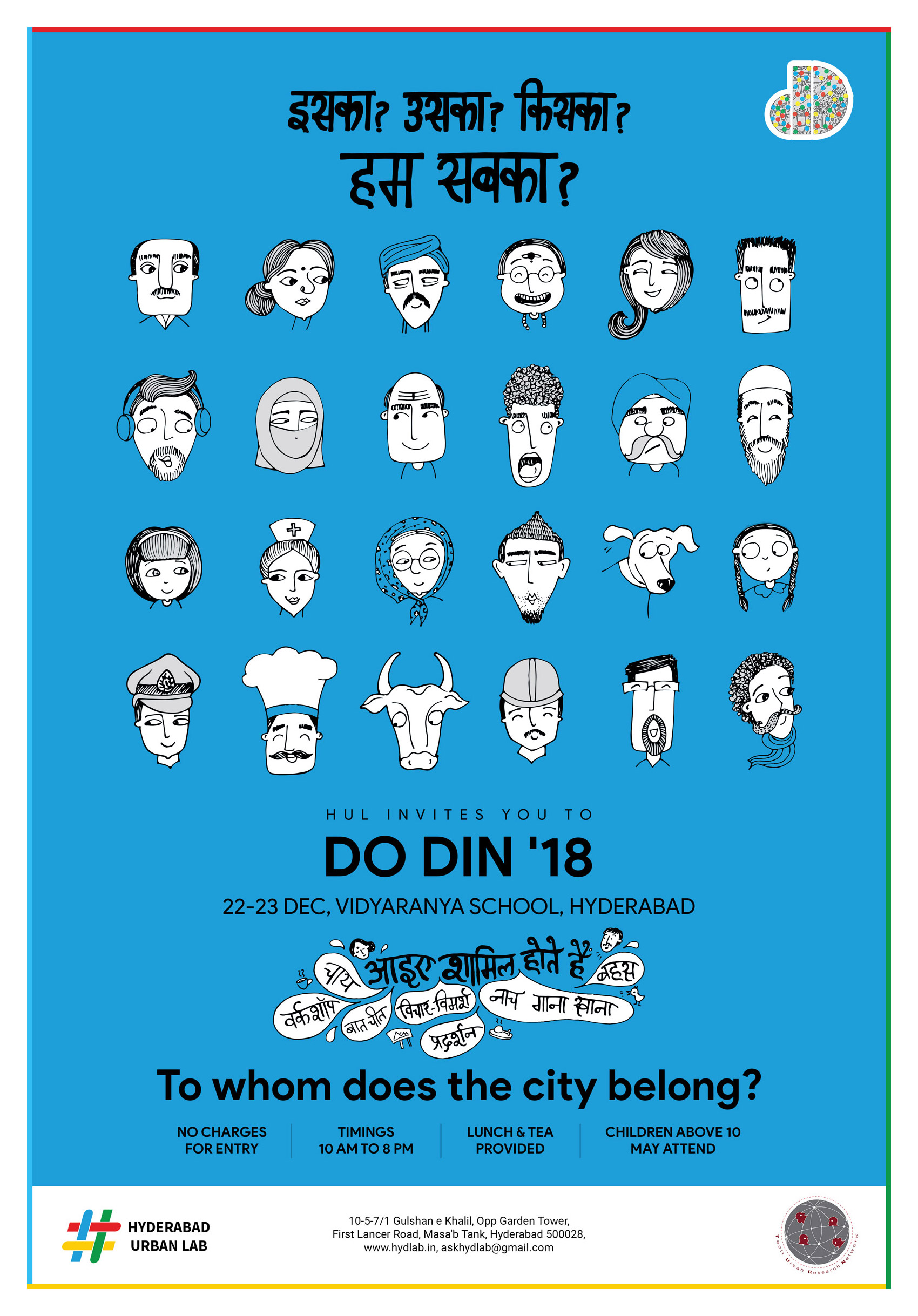
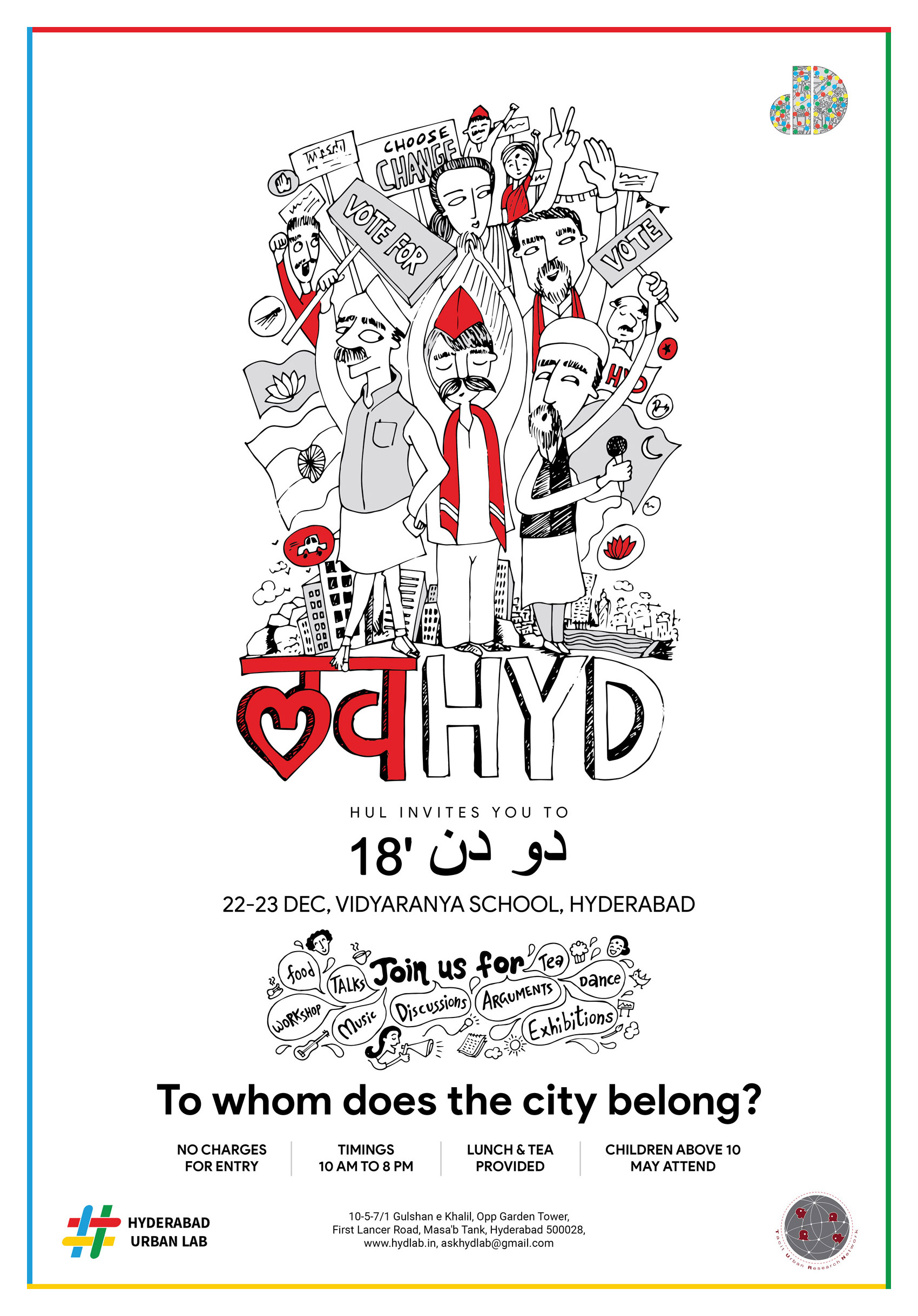
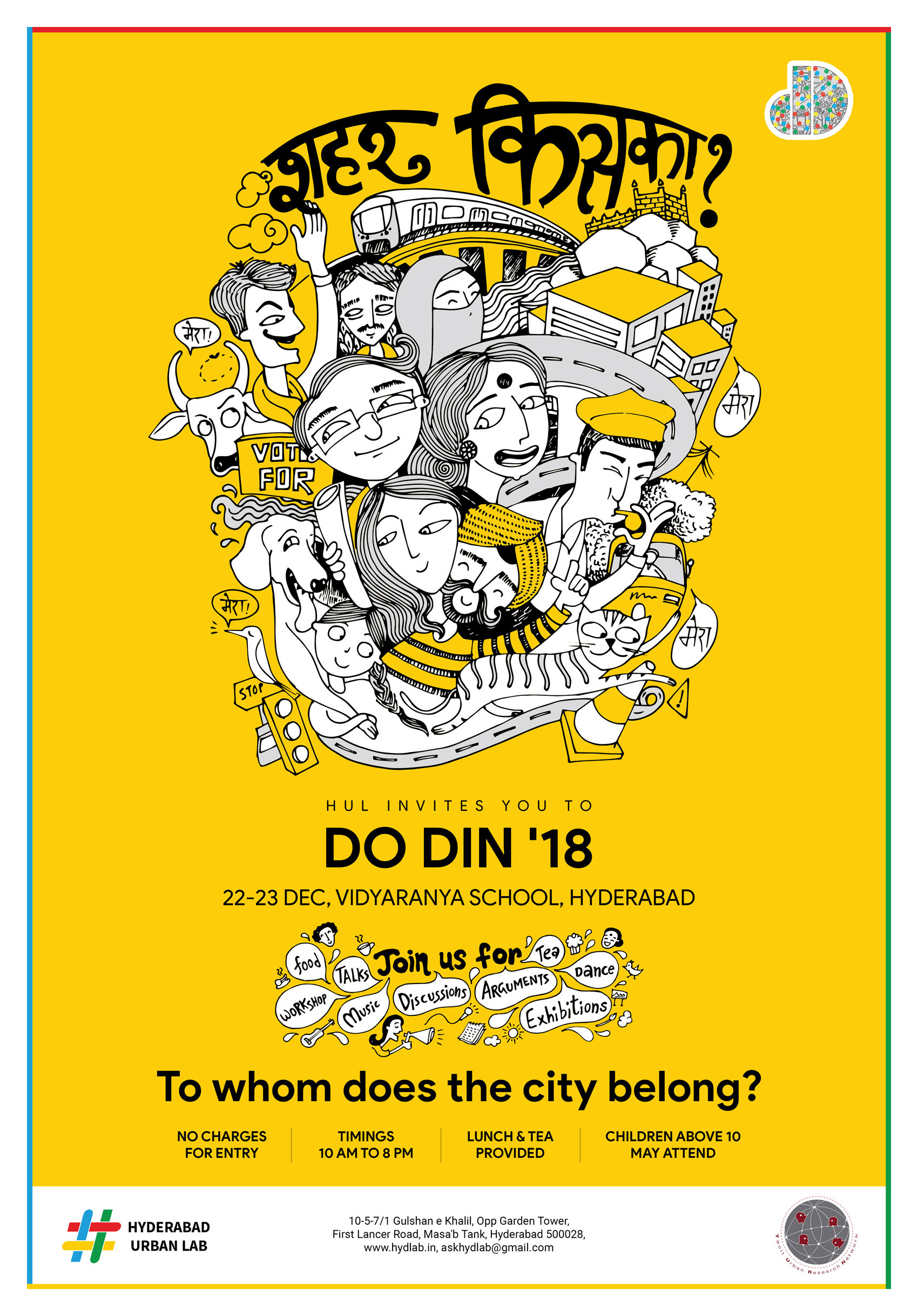
RESOURCE PERSONS
Do Din 18 will be missing a few resource persons who have become DD regulars but we are fortunate to have new ones whom we have been trying to rope in for several years. As before our resource persons will be seen wearing multiple hats during the event, as speakers, as discussants, as moderators, as curators, as performers and much else. We bring you the verve and vigour of youth along with the wisdom and perspective of age.
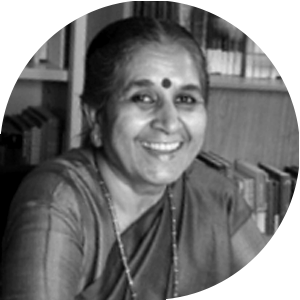
Dr. Aloka Parasher Sen, Professor, Central University of Hyderabad,cultural historian and author.
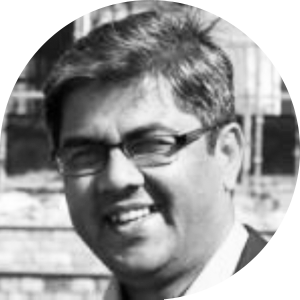
Dr. Amirullah Khan, Teacher, Economic advisor to governments, member Commission for Minority Affairs, Telangana state.
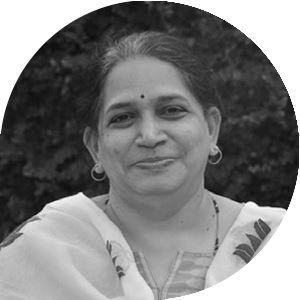
Amita Bhide, Professor, TISS, Mumbai. Her interests have been issues relating to urban poor, community organisation, housing rights, tribal development and rural governance.
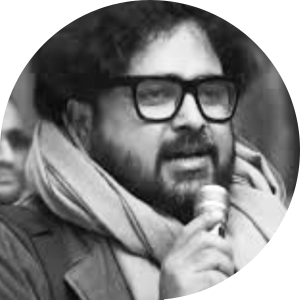
Anand Panini, editor of Aaj Tak, a poet, a singer and an astute political commentator.
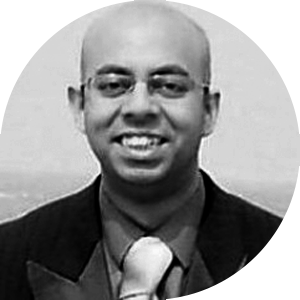
Anirban Mondal, Associate Professor at Ashoka University. He has led multiple key projects in urban informatics (smart cities), spatial databases and financial analytics.
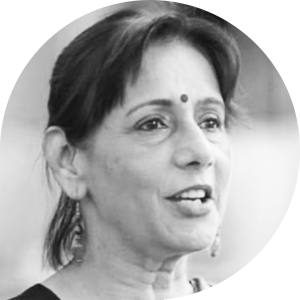
Dr. Anita Patil Deshmukh, Director PUKAR, Mumbai. Community health expert. Also trains disadvantaged youth as barefoot researchers.
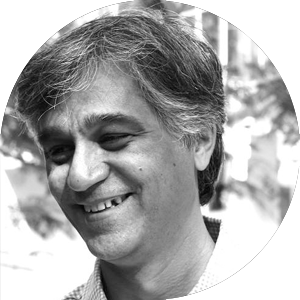
Ashhar Farhan, serial entrepreneur, ham radio expert, tech enthusiast and co-founder of Lamakaan, Hyderabad
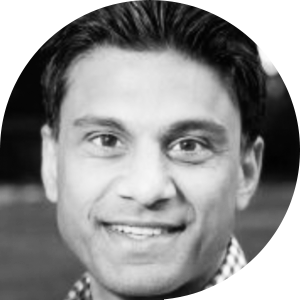
Dr. Chandan Reddy, Associate professor at the University of Washington (UoW) and Author.
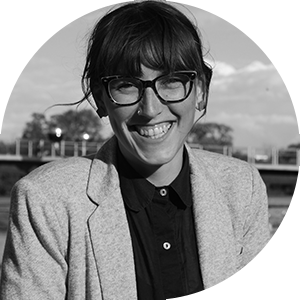
Cynthia Morinville, Visiting research scholar at HUL from the University of Montreal, Canada. She is also a trained athlete and a hunter.
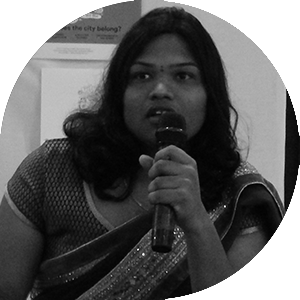
Ganga Bhavani, trained nurse and researcher at NIRD, Hyderabad, documenting the life and struggles of Hijras and transgender people in Andhra Pradesh.
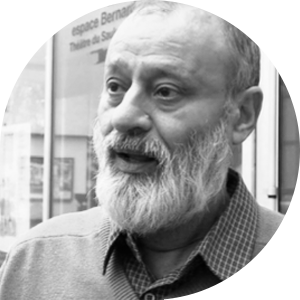
Gauhar Raza, critic scientist, poet, teacher and communicator with deep faith in secular ideals.
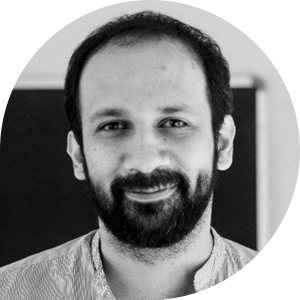
Dr. Gautam Bhan, Author, activist, teacher, speaker, campaigner, urban scholar and amateur standup comedian.
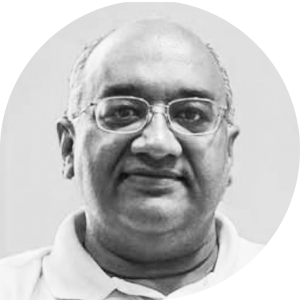
Dr. Girish Agrawal, Engineer, Professor and legal scholar working on the interrelated questions of law and policy as they pertain to infrastructure development in India.
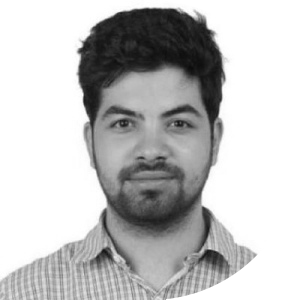
Harsha Devulapalli, former HUL member and current reporter at Livemint Delhi is a mapper and data expert we claim as our own.
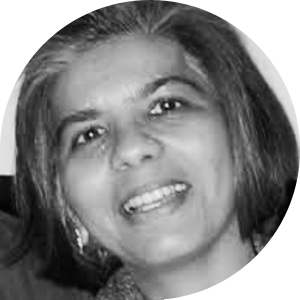
Dr. Kiran Asher, Professor at Amherst, Massachusetts. Her research interests include the gender and racial dimensions of socio environmental change in the global south.
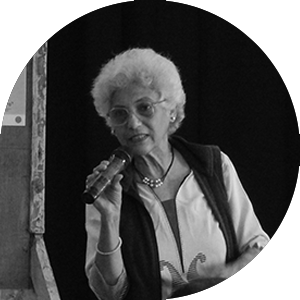
Mateen Ansari, Social Gerontologist and Founder Director of Dobaara. Her focus has been on creating intergenerational systems of support and care for the ageing in the city.
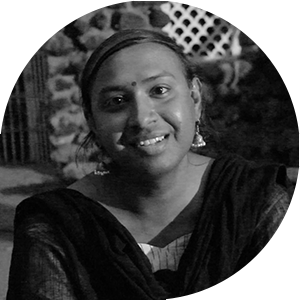
Meera Sanghamitra, NAPM member, a tireless activist and campaigner for the rights of those marginalised by social and economic structures.
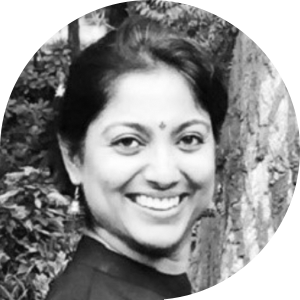
Mukta Naik, Senior researcher at CPR, Delhi. Activist, planner, mother and a trained Kathak dancer.
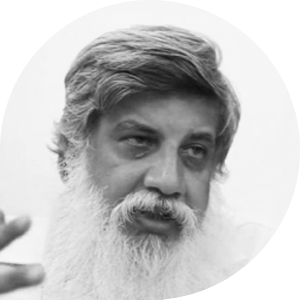
Dr. Partha Mukhopadhyay, Economist, Senior fellow CPR, Former Advisor to the World Bank and Policy Expert on infrastructure, finance and cities.
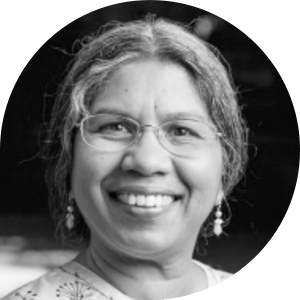
Dr. Priti Ramamurthy, Professor, University of Washington, Seattle. Her research interests circular migration and rural urban entanglements in India.
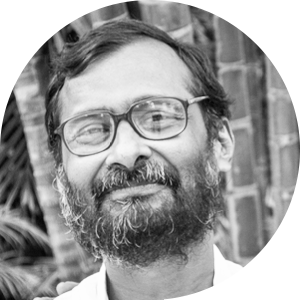
V. Ramaswamy, author, translator of Bengali literature, an avid traveller. He has also been a housing rights and education activist for many decades.
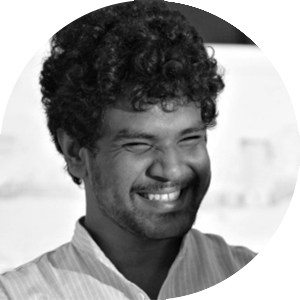
Sai Ratnam, ITDP, a trained architect and former IIHS Urban Fellow is a future expert in mobility, road transport and access in cities.
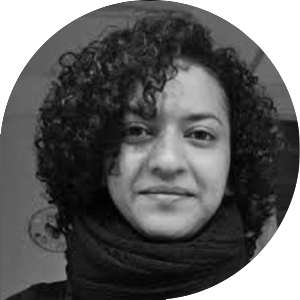
Sneha Parthasarathy, Architect and designer, co- founder of Deccan Amalgam has a deep interest in cities.
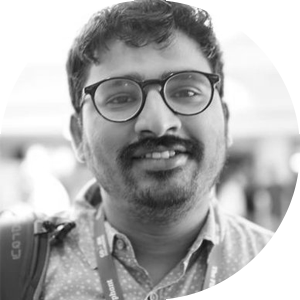
Srinivas Kodali, an interdisciplinary researcher data, cities, and internet. He is part of multiple internet movements and has been advocating open data and cyber security in India.
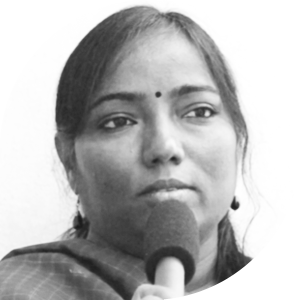
Sujatha Surepally, activist and academician who does not differentiate between causes when it comes to matters of justice.
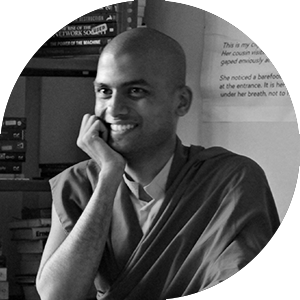
Tashi Choedup, former LGBTQ activist and researcher. Presently an ordained monk studying Buddhism at Bodh Gaya.
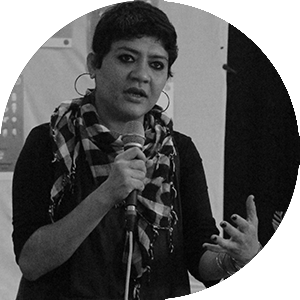
Tripta Chandola, boxer, author, a post-doctoral fellow at IIHS. She has worked on listening as a methodological interface to engage and co-exist with the ‘Other’.
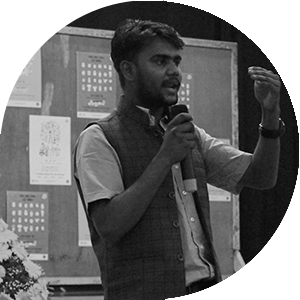
Vikas Kumar, former IIHS Urbam Fellow is deeply concerned about issues related to poverty and homelessness. He is an Advocacy and Communication Manager at IGSSS Delhi.
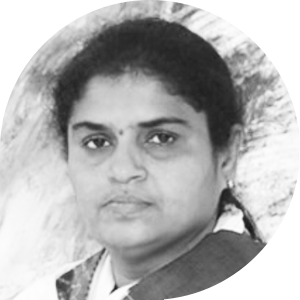
Avani Gandra, Founder of gallery ICONART, thinker, artist and art curator.
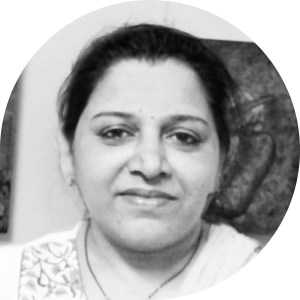
Archana Rajguru, Freelance Artist
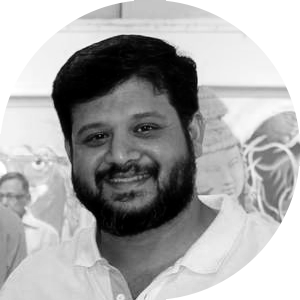
Debabrata Biswas, Freelance Artist
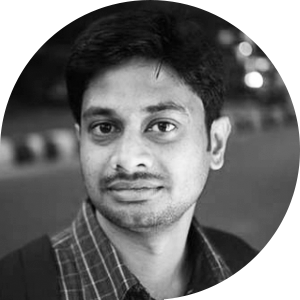
Harsha Vadlamani, former software engineer, traveller, photo-journalist and a regular curator at Do Din.
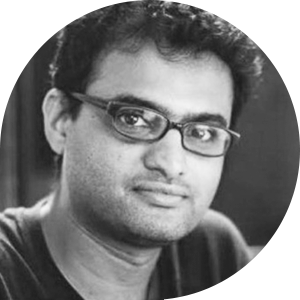
MS Gopal, photographer blogger, and endless explorer of the quieter, unspoken, almost hidden lives and happenings of the maximum city.
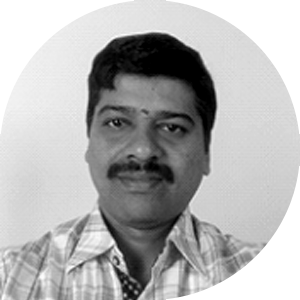
Raghavendra, Freelance Artist
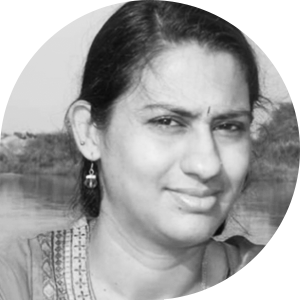
Sweta Chandra, Freelance Artist
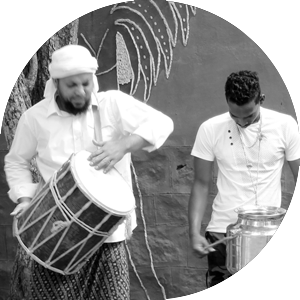
Aijaz and Company, Marfa

David Loumou-Amou, Gospel Music
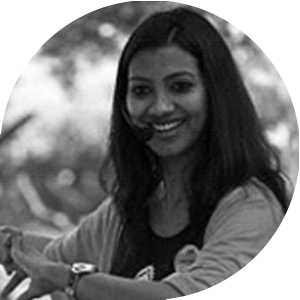
Deepa Kiran, Educator, performer and story teller, internationally renowned for her ability to relate to a range of audiences.

Mukta Naik, Senior Researcher, CPR; Activist, Researcher and Kathak dancer
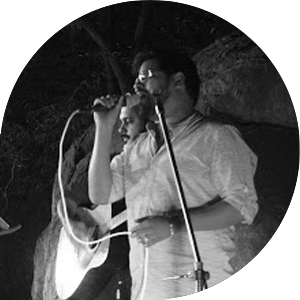
Neha Roy, Sharan Goud, Rahul Premchander, Akhil Jaikishen, Saurabh Sen Sharma, Concert
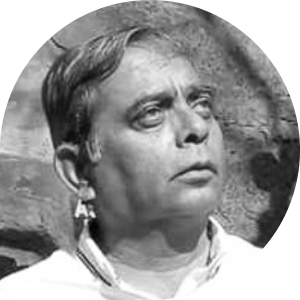
Rajesh Arora, businessman, poet who refuses to turn cynical in the face of rapidly degenerating politics.
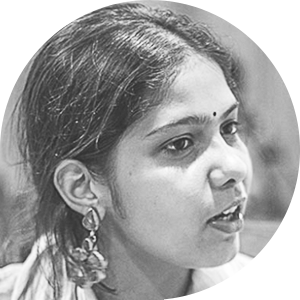
Sabika Naqvi,
firebrand poet, a gender rights activist, translator, story teller and an educator. She is the founder of Sar-e-Rahguzar: Poetry on the Streets.
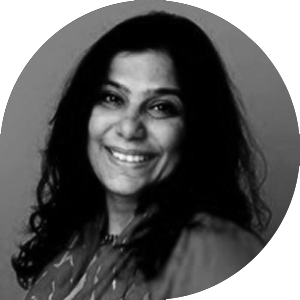
Shruti Pandey, Human rights lawyer, activist, currently senior faculty at Jindal Global University. Her interests are gender, health, housing, cities and equitable development.
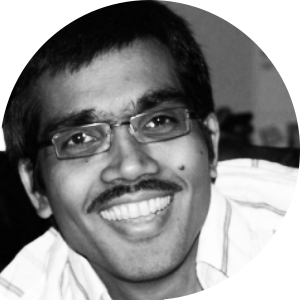
Sridhar Potlacheruvoo, thinker, geek and poet. He has also been HUL’s web administrator since the beginning of time.
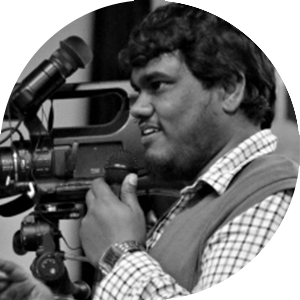
Ashish Kumar, Video documentation, coordination, logistics
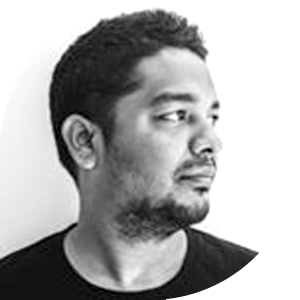
Bala Gopal, Poster, design, composition, printing

Cynthia Morinville, On-spot coordination during Do Din
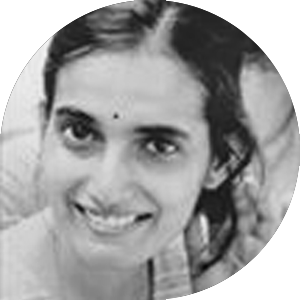
Ganga Prakash, Poster, design, composition, printing
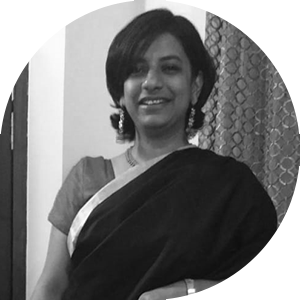
Moyna Manku, PR, On-spot coordination, logistics, HUL team coordination
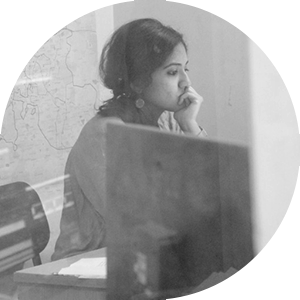
Neha Vaddadi, Design, composition, procurements, coordination
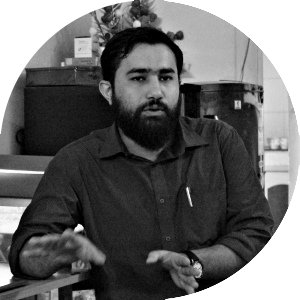
Shakeb, Logistics and theatre workshop
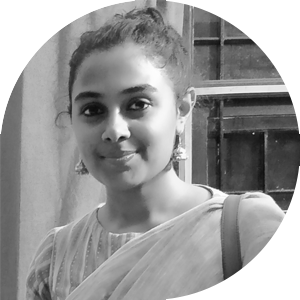
Vilasini K, Design, editing, video documenting
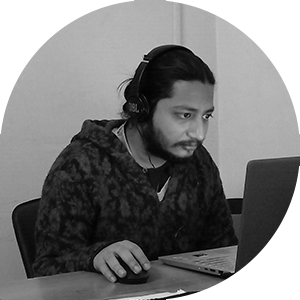
Bharat S
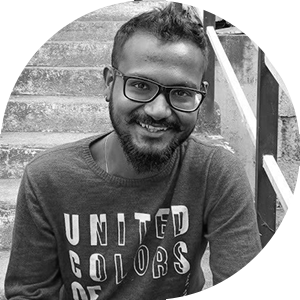
Dipon Bose
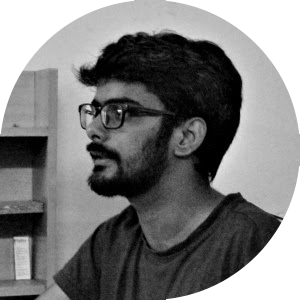
Kabeer Arora
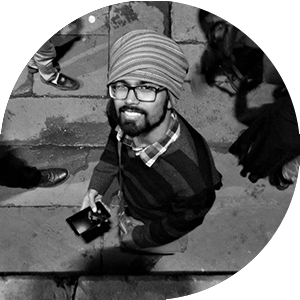
Ravi Kawre
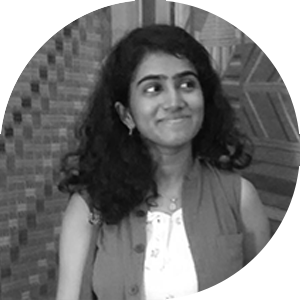
Sneha Visakha
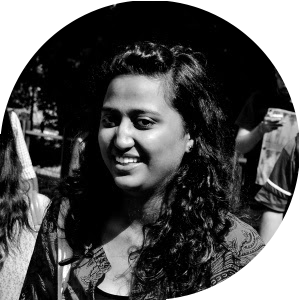
Swarna Dutt
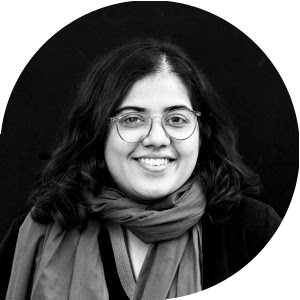
Vanshika Singh
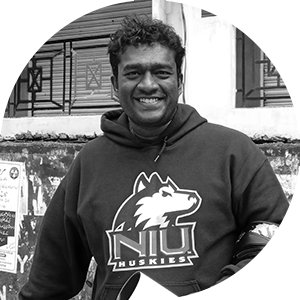
Vinay Abhishek
Our Allies and Associates
PROGRAMME
A lot that happens at Do Din is spontaneous and flexible in nature. Each day is loosely divided into sections and sessions, with enough room for contingencies and surprises like delayed arrivals, hastened departures and technical glitches and power outages.
The art installations and the photo exhibits are open to viewing for the entire duration of Do Din.
Listed below are some of the presentations and discussion sessions. Click on the image to see a brief description of the session. Each black bar will take you to images and descriptions of that segment.

Dr. Anant Maringanti, founder director of HUL opened the event. Belonging to and ownership of the city is an economic, political, existential and above all a moral question.
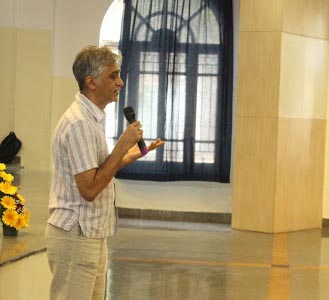
A socio economic history of Hyderabad narrated by Ashhar Farhan. He draws a timeline of youth impacting and being impacted by technology over the last three decades, as they navigate their life in the city.
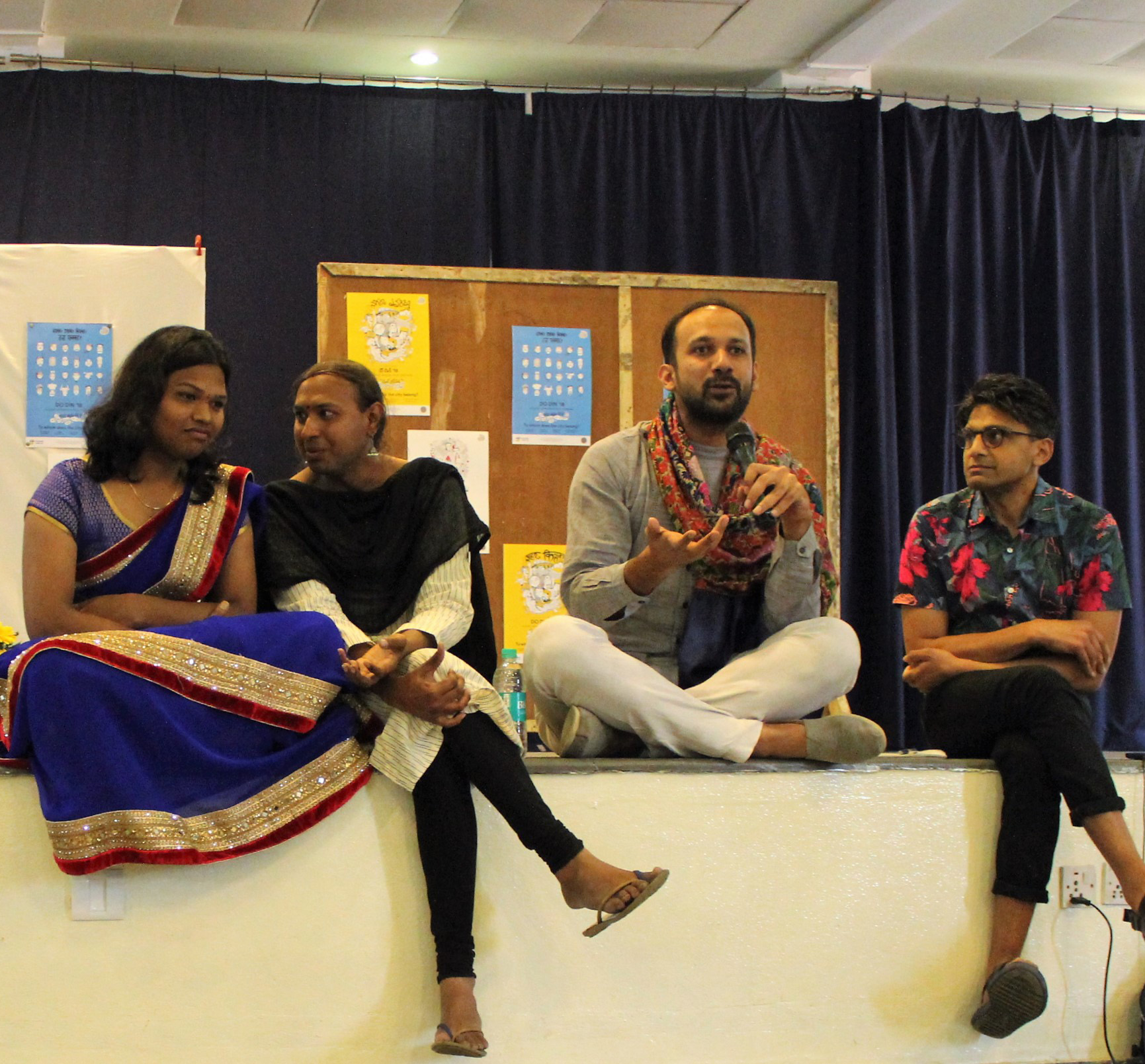
Meera Sanghamitra, Ganga Bhavani, Chandan Reddy and Gautam Bhan shared with the audience their experiences of discrimination and exclusion. As activists and academics they have pushed for solidarities among dissimilar humans on the margin.

Professor Ramamurthy has been researching rural urban entanglements over many decades. She spoke about people that carry one home to another and back, as desire for a better life keeps them moving between village town city and village.

Professor Sen screened her documentary and talked to HUL researcher Kabeer about how despite the transformation of a former agrarian space on the city’s outskirts into an urban financial district, some things have remained the same across generations.
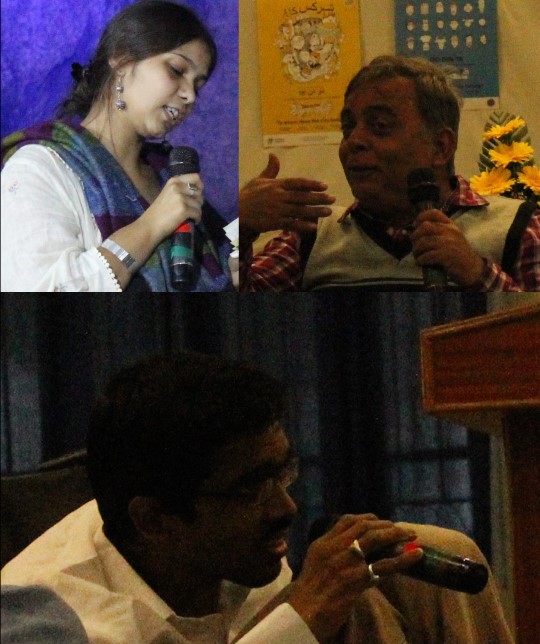
Sridhar P asks “Kal Kisne Dekha?” Sabika speaks of women claiming the city in “Sheher ki Raatein”, Rajesh ji is the ordinary man that looks on at the transition of the city, “Raj Marg Banne Ke liye”

V. Ramaswamy interacted with HUL researcher S. Bharat about their joint archival enterprise in Calcutta which has been enabled by papers, documents and correspondence saved from Ramaswamy’s years of activism (80 s), around housing rights for Metro workers.

Professor Amita Bhide and Mukta Naik, both planners by training, talked about the impossibility of governance keeping pace with unplanned urban growth.
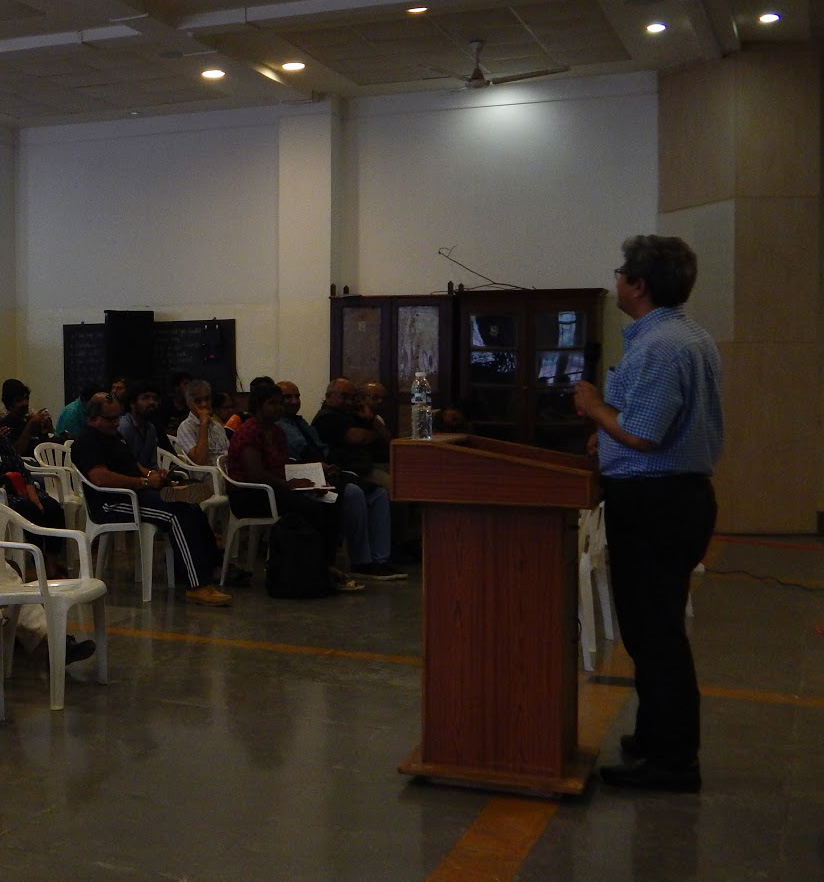
Economist and Professor, Dr. Amirullah Khan will be speaking in a light vein on the heavy matter of money and the urban economy.

Professor Asher, Tripta Chandola and Cynthia Morinville, discuss the role that gender plays in research, especially when one is in the “field” and a “curio” at best and an invader at worst.

Tashi Choedup, Meera Sanghamitra and Sujatha Surepally in a free wheeling conversation with the audience about the challenges that non normative identities encounter in their pursuit of life, liberty and livelihood.

Professor Girish Agarwal and Sai Ratnam Chaitanya Gurugubelli draw attention to specific instances of mobility infrastructure where flawed design instead of enabling access turns into a hurdle.

Ms. Mateen Ansari will share her conviction that age too can be turned into an opportunity. She speaks of geriatric care and seeks volunteers and caregivers from among youth and elders of the city.

Vikas Kumar will present the work of IGSSS which attempts to address, among other things, the issue of homelessness which is alarmingly rampant in our cities.

M S Gopal believes that a photographer can walk the city streets with the entitlement of a Mayor. According to him the sights and sounds of ordinary lives merit more attention than iconic monuments.

Dr. Anita Patil shared her experience of training barefoot community researchers, youth from impoverished families of mill workers and other impoverished communities in Mumbai over several years.

Gauhar Raza cautions us of the perils of regression from reason to superstition, due to political and other imperatives.

Dr. Partha Mukhopadhyay succinctly wrapped up the deliberations and discussions at Do Din with a significant pointer that the path to orderly coexistence lies in seeing ourselves as custodians of the resources and opportunities that the city holds.

To give credence to our conviction that the city belongs to all, we have included a theatre workshop for children at DD 18, to be conducted by Shakeb Wajeeh of Ambedkar University, School of Design, Delhi.

There will be a parallel workshop on Data conducted by Dr. Anirban Mondal, Srinivas Kodali and Harsha Devulapalli
PERFORMANCES
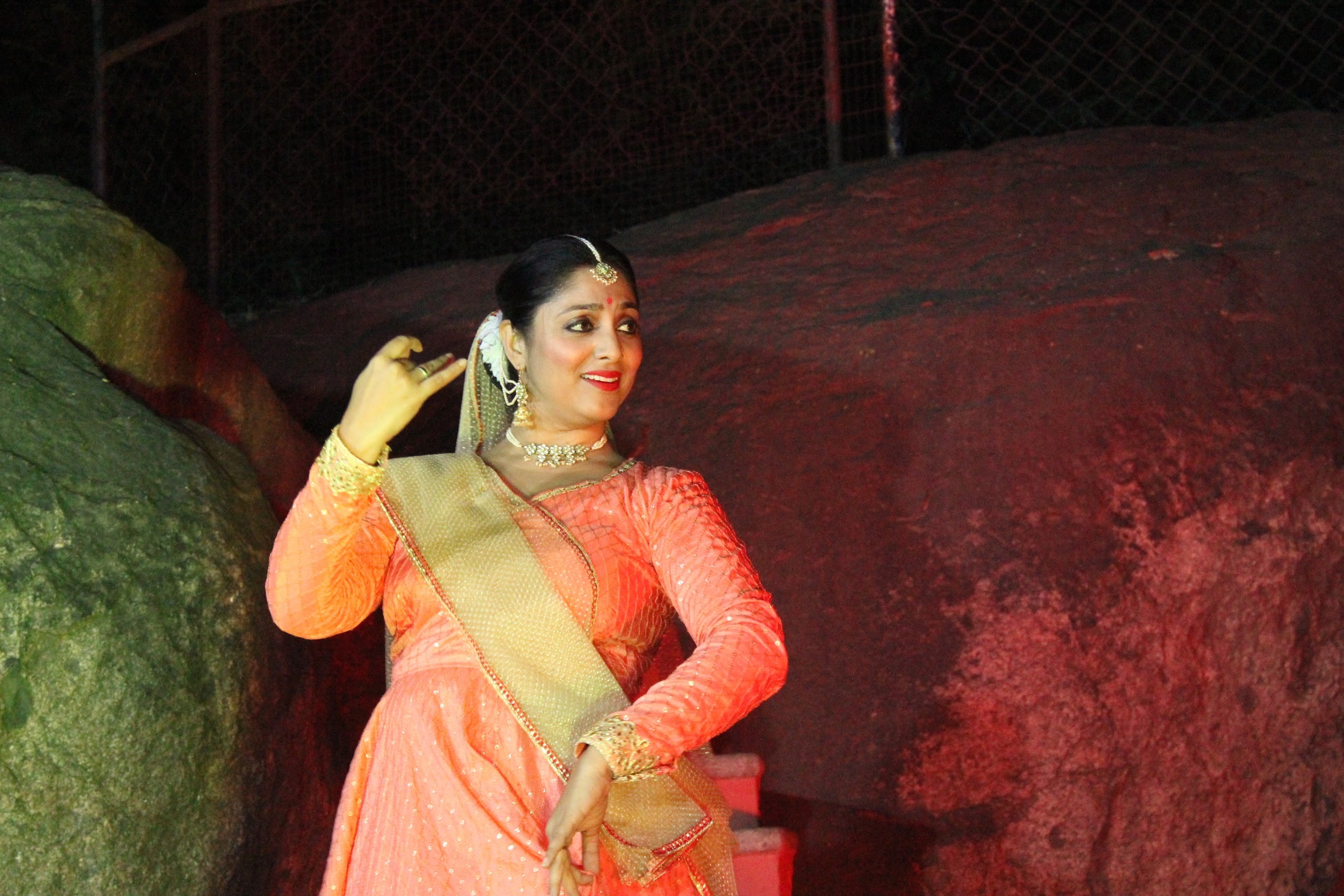
This piece is about my parallel journeys as an artist and a researcher. My art is my refuge and it helps resolve my questions about work.
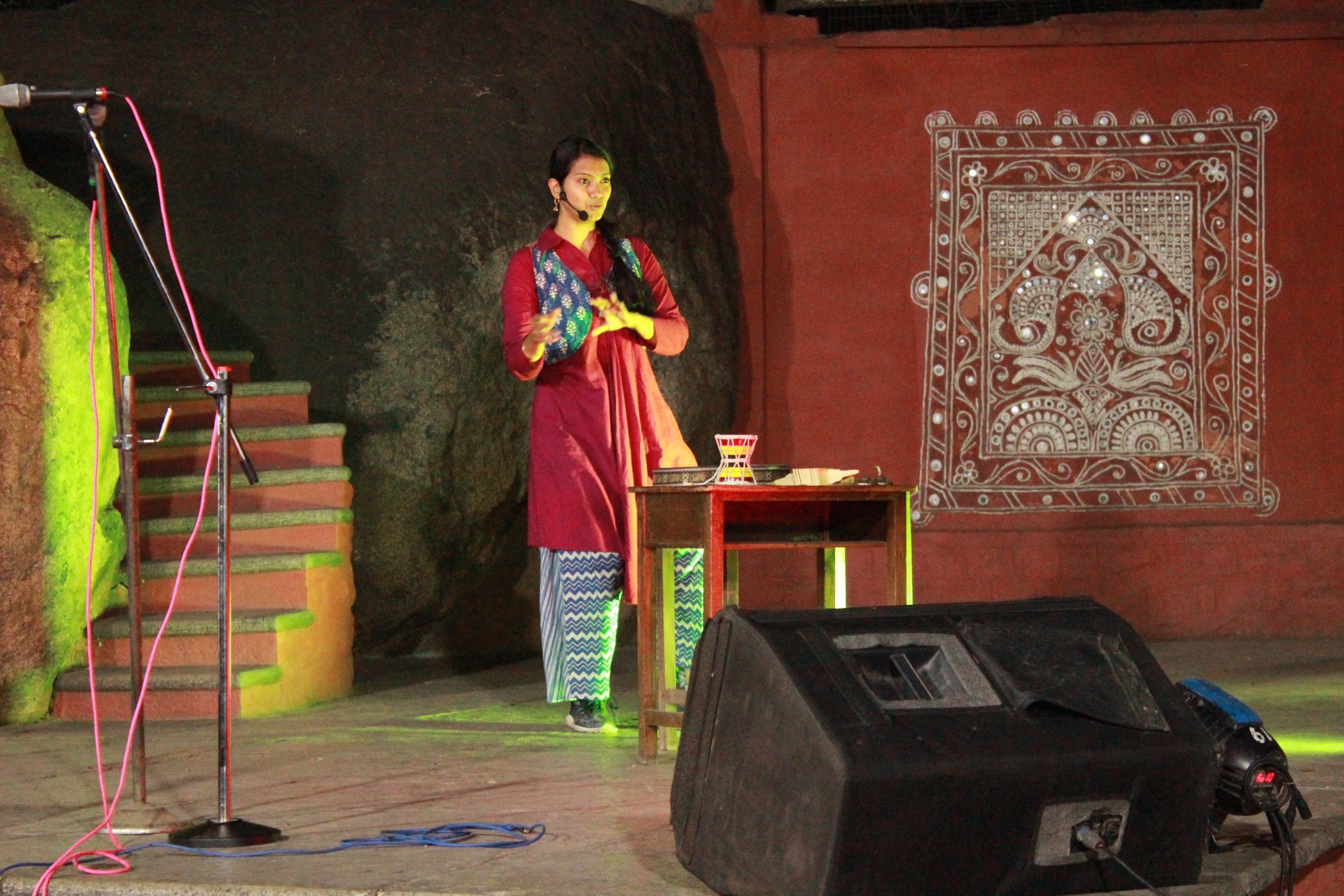
An international storyteller, she uses folklore, mythology and everyday tales as an educational tool across ages.
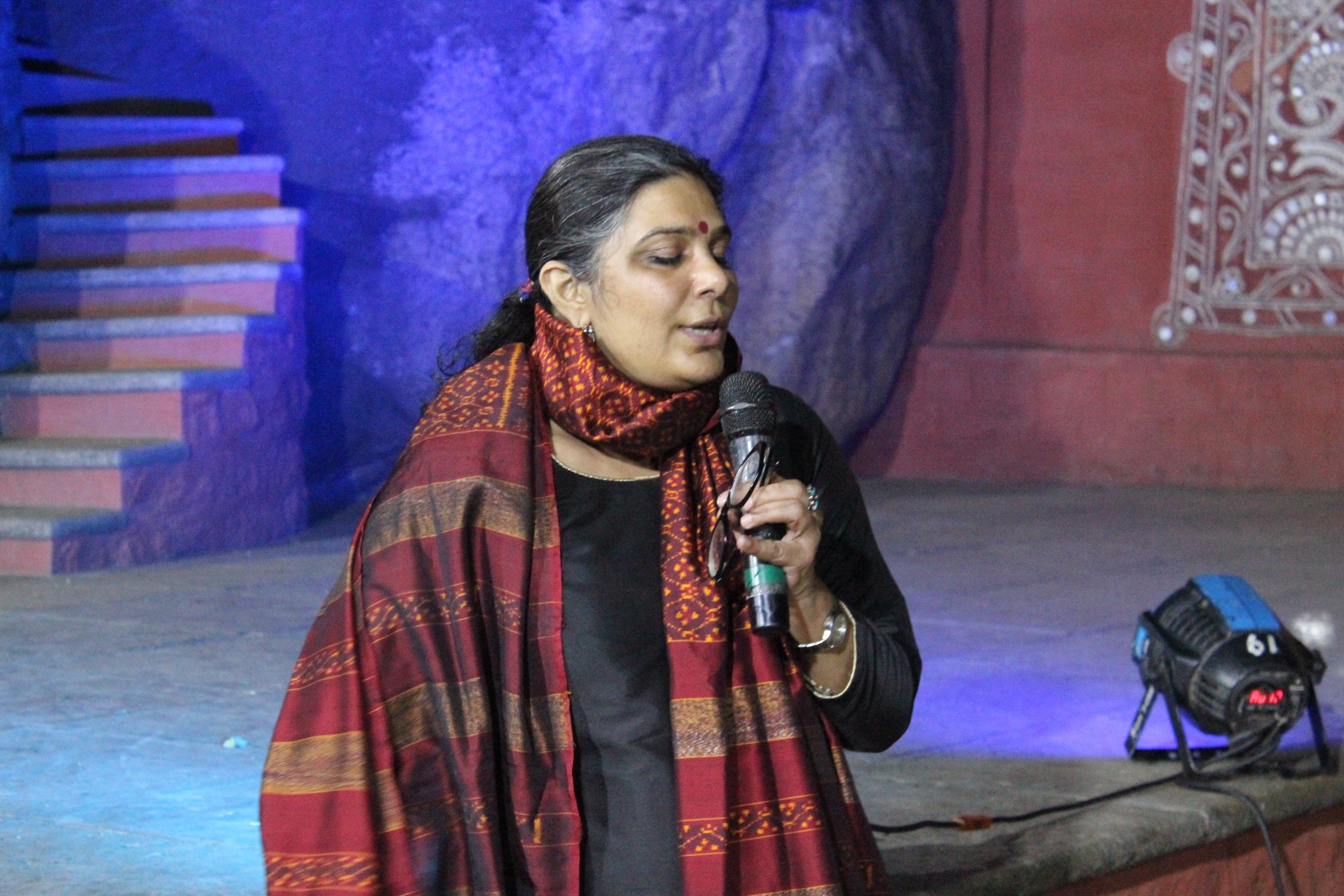
A melodious rendering of “Baawra mann dekhne chala ik sapna”, without any instrumental accompaniment.
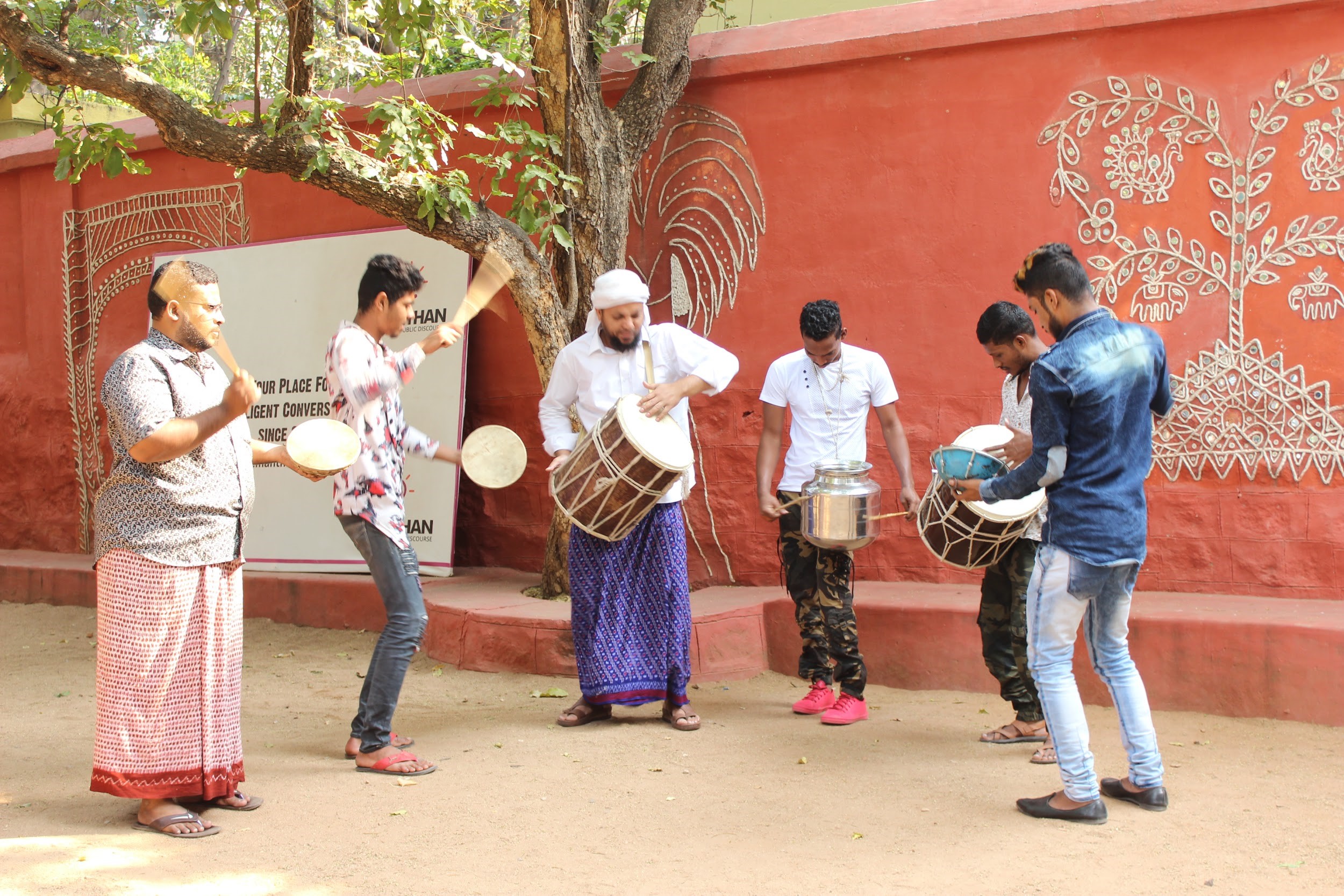
Aijaz and his friends brought in the traditional Marfa beat with duff, dhol, steel pot and also taught us a few dance steps to the beat.

Sabika’s defiance, Panini’s forceful questions and Rajeshji’s account of the ordinary made for a rich poetic experience.
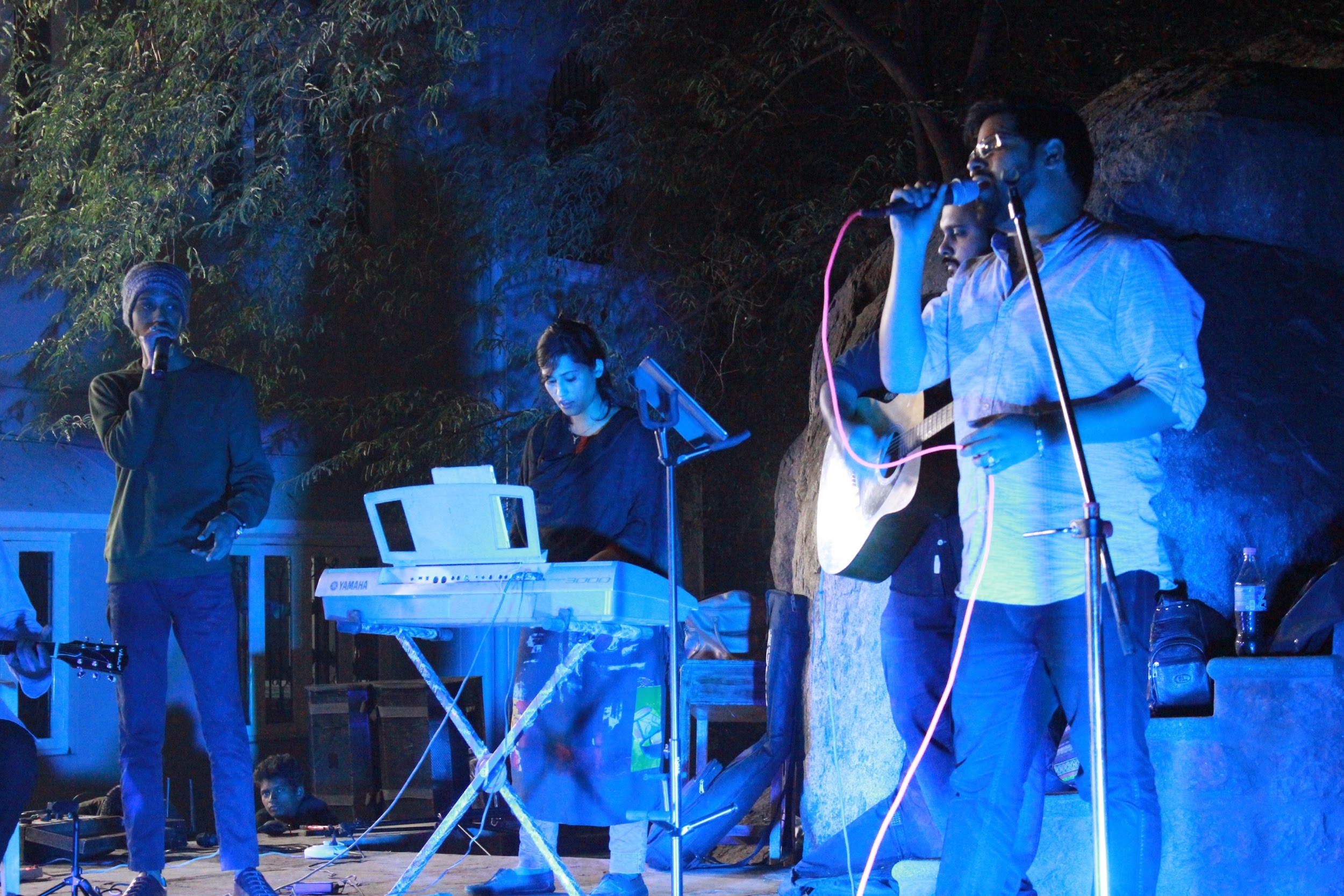
Neha, Saurabh, Rahul, Akhil offered a multi lingual musical experience accompanied by our beat boxer friend Sharan.
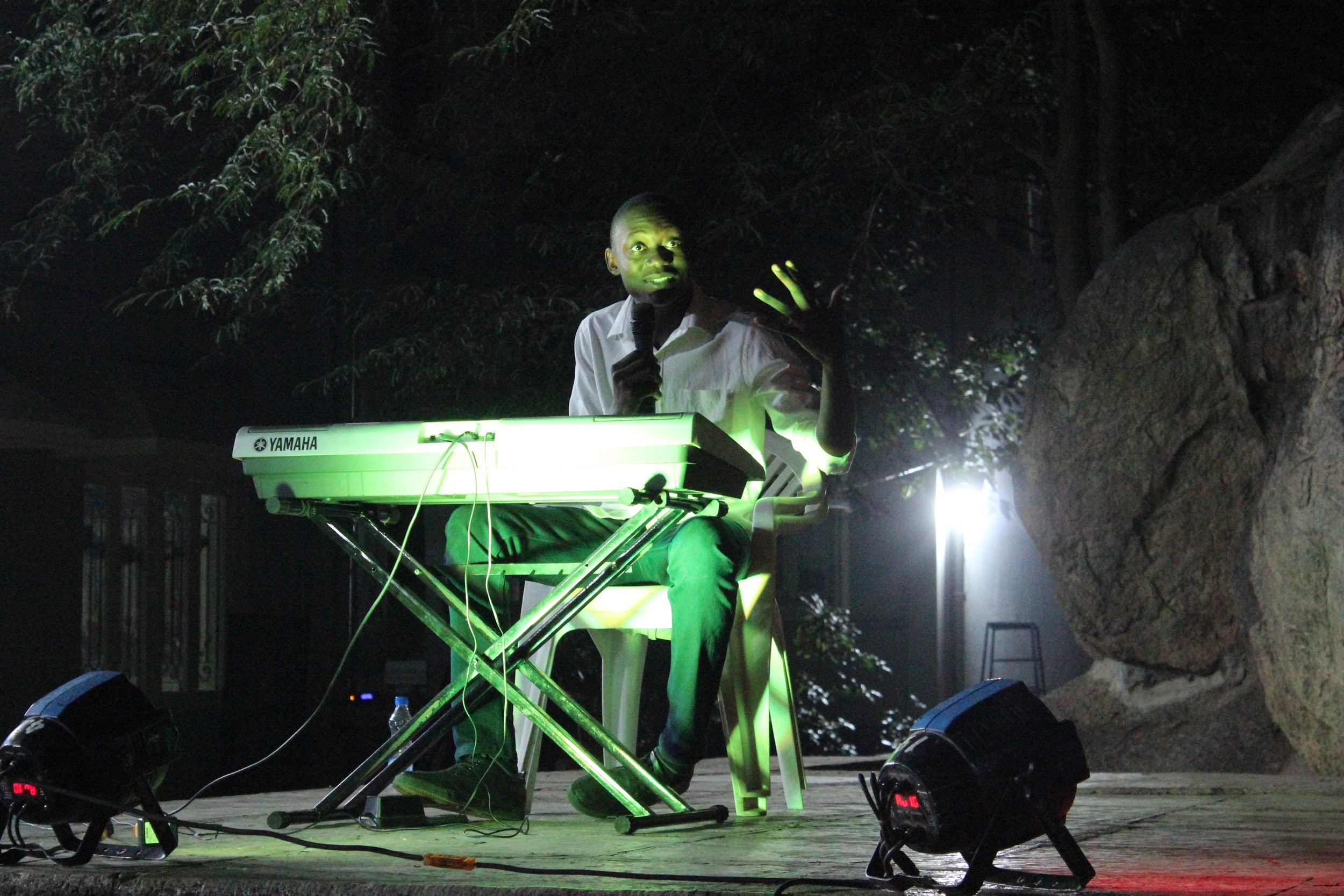
David is from Congo and while pursuing his studies in Hyd, is learning Gospel music.
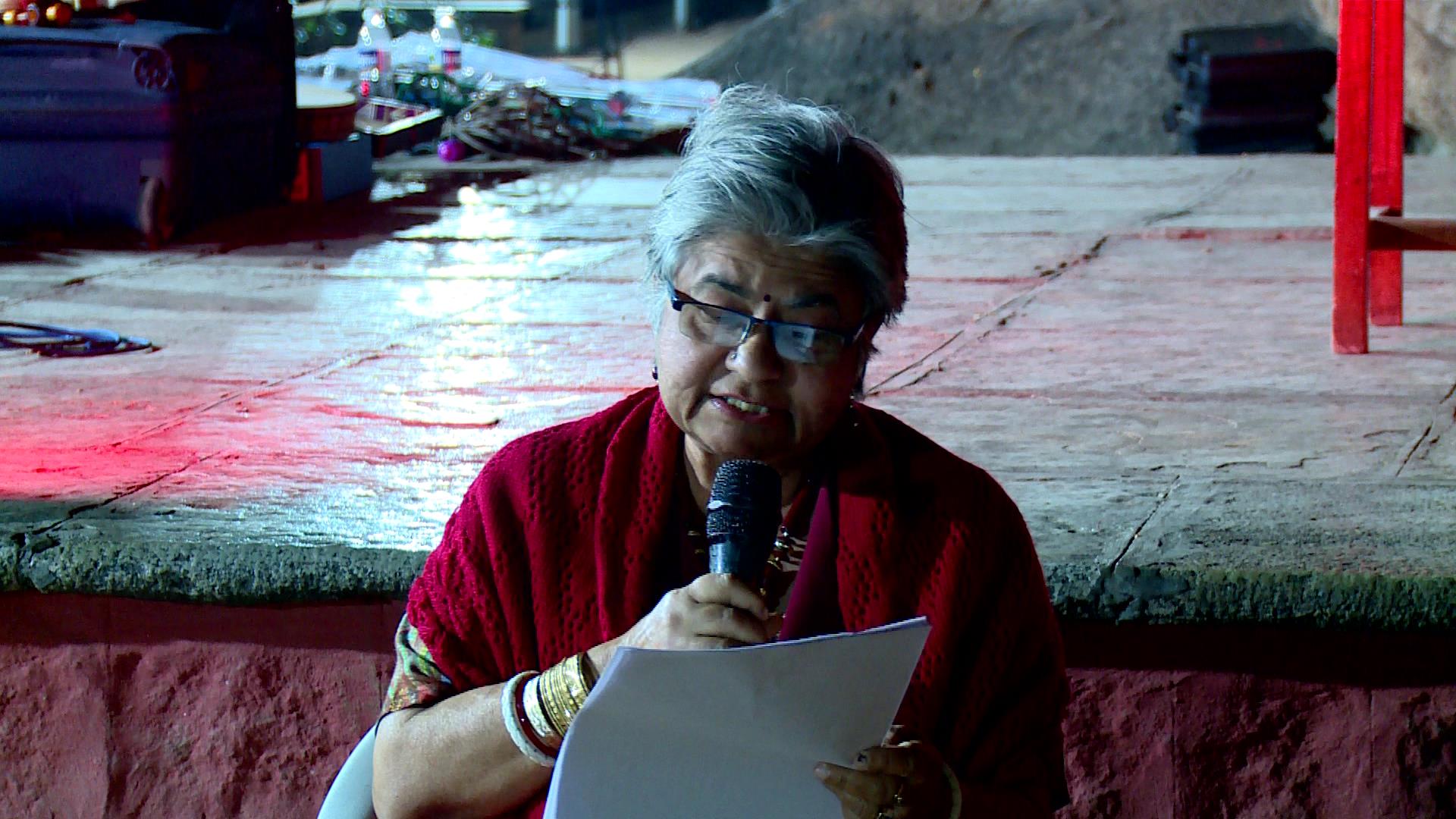
Mrs Sanghamitra Mullick, an activist expresses her love for the city through poems, some of which she shared with us.
ART INSTALLATIONS
Between Rootedness and Rootlessness | Painting by Avani Rao Gandra

(Mixed Medium On Canvas) | Size : 100 inches x 56 inches
This mixed medium painting of a boat / an eye is a metaphysical symbol of man’s meaning and quest through migration and transition. The evolution, the shift, the willingness or unwillingness to alter is depicted through a boat afloat over layers and layers of memory, tearing upon the still water towards a destination – known yet unknown, in its transitory journey. The composition expresses the underlying anxiety involved in the mutation and metamorphosis, the visible and the invisible arguments and encounters as the individual moves towards a new identity. To steer clear of the unfamiliar in the transitory spaces, the boat has found an uneasy peace but lost its moorings.
Location : Space between main curved staircases
Apnapan | Sweta Chandra

Nature, questions of identity, belonging and the experience of life come together in Sweta Chandra’s work. She depicts the growing attachment of an individual with each day, and evokes a sense of gentle possessiveness and belonging. Using small tablets of seedlings (which she will be watering during Do Din), Sweta portrays the character of the city as being inherently inclusive of and belonging to everyone who is in it.
Location: Sandpit that lies below the foyer balustrade
Kiska Joota ? (Whose shoes?) | Debabrata Biswas
Debabrata Biswas interprets the theme ‘Sheher Kiska’ by acknowledging the broad range of people – from the local inhabitant to the migrant, who become a part of the city and share joys and sorrows with each other. His installation celebrates diversity in the city with different size and colors of shoes, hinting at the multiple set of feet that walk ahead together in the city.
Location: Basketball Court

Sheher Aur Kalakar | Raghavendra Angali
The artist draws his sensibility from the surroundings. From prehistoric times till now, the artist’s subject material is shaped by this interaction with his environment. Raghavendra Angali’s work draws from the city around him. ‘The City is ours too’, says the artist.
Location: Basketball Court
My Quilt or My EQ ? | Archana Rajguru

Archana Rajguru has worked with waste material such as discarded clothes to demonstrate the city as an entity that cannot be consumed in parts by one individual or any prototypical city dweller. She believes those who are born in the city or happen to be in the city – the migrant, the bureaucrat, the nights, the dogs, the watchman, the dead or the alleys – together constitute the city and make it what it is. Why ask “who is the public?” Why limit ourselves by asking this question?
Location: Under the Tree, next to the sand pit, adjacent to the corridors
EXHIBITS
Photographs
Harsha Vadlamani will be curating the photographs of MS Gopal, urban photographer from Mumbai.
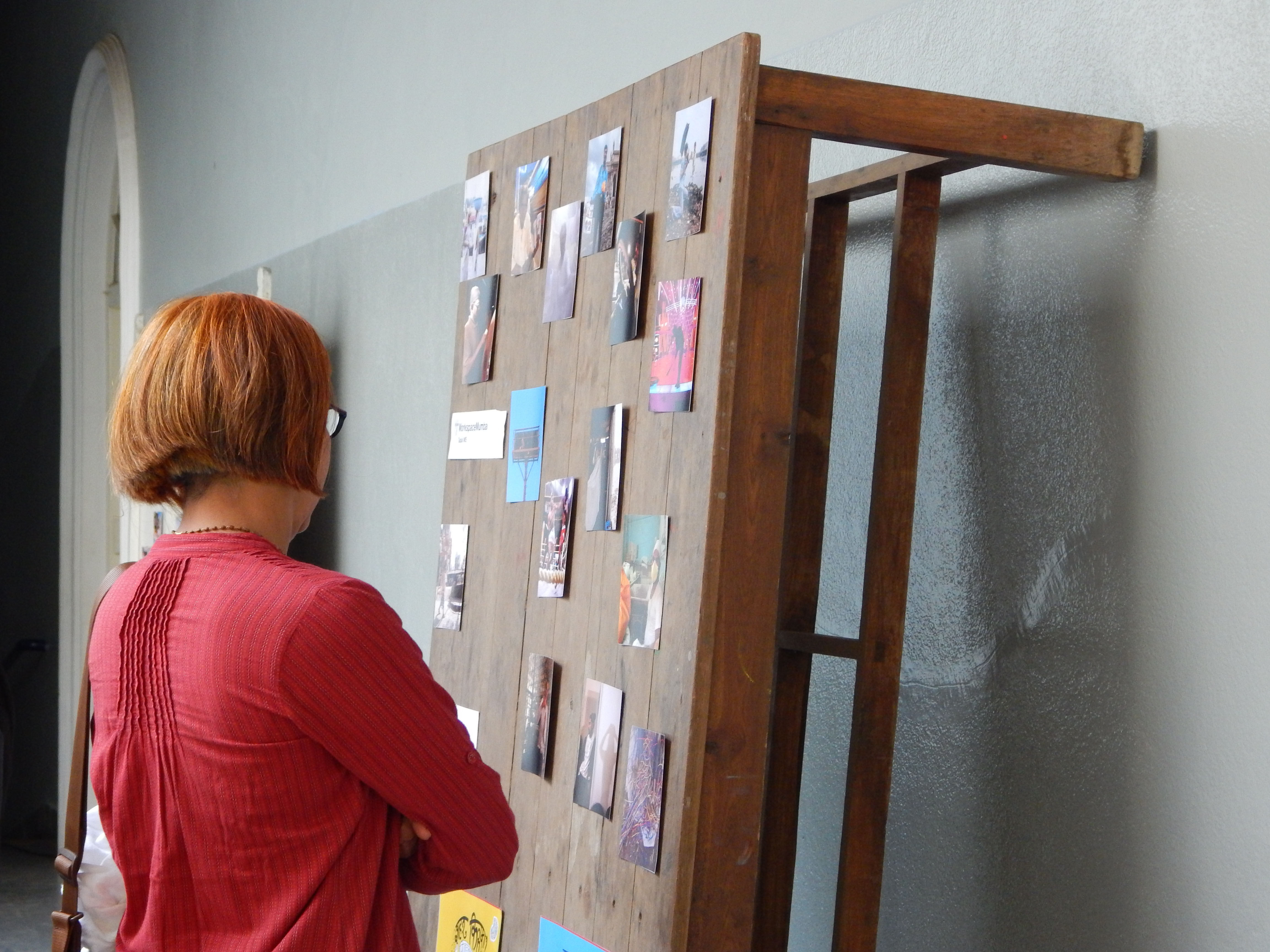
Model by Deccan Amalgam (DA), Hyderabad
Architecture firm DA did a comprehensive neighbourhood study of Hakimpet, Hyderabad, for HUL. They will be displaying a model of the same.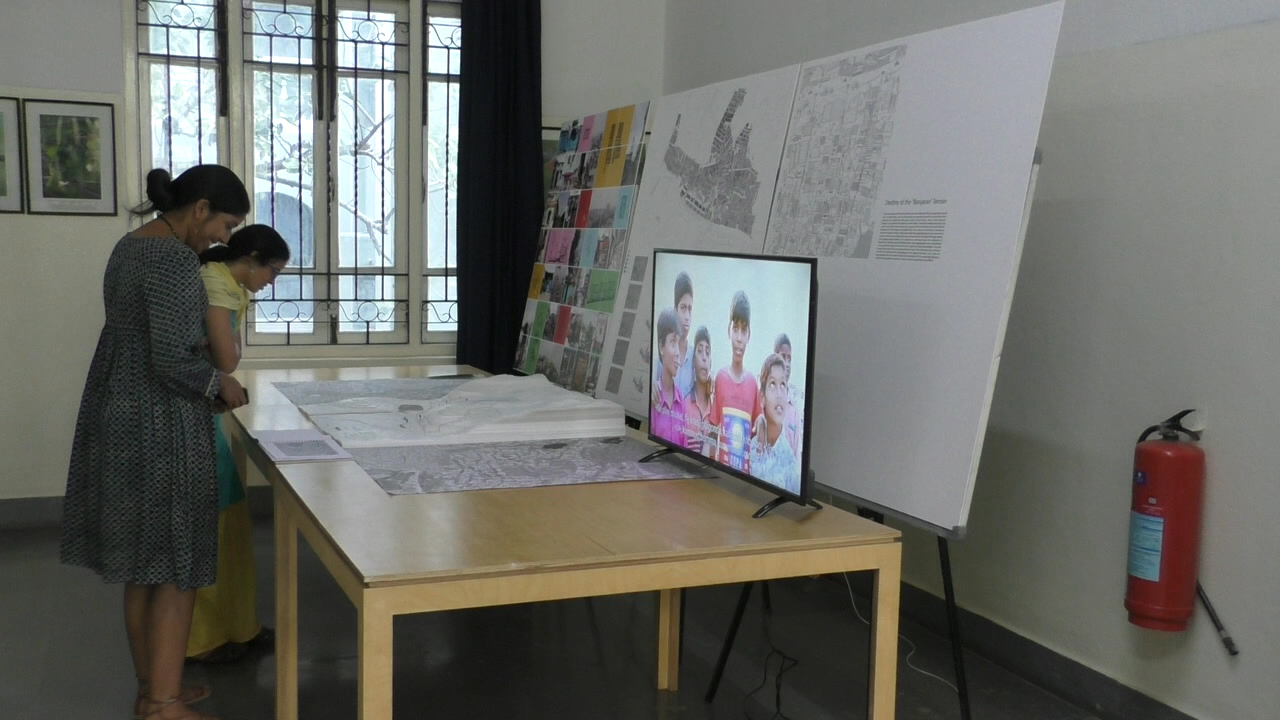
Tata Institute of Social Sciences, Mumbai
TISS, Mumbai, conducted its Winter Institute (WI) for students of Urban Planning and Governance at HUL in October 2018, as part of the TURN project. The Winter Institute outputs (booklets, maps, models, calendar, journal), will be exhibited by the WI participants who are attending DD.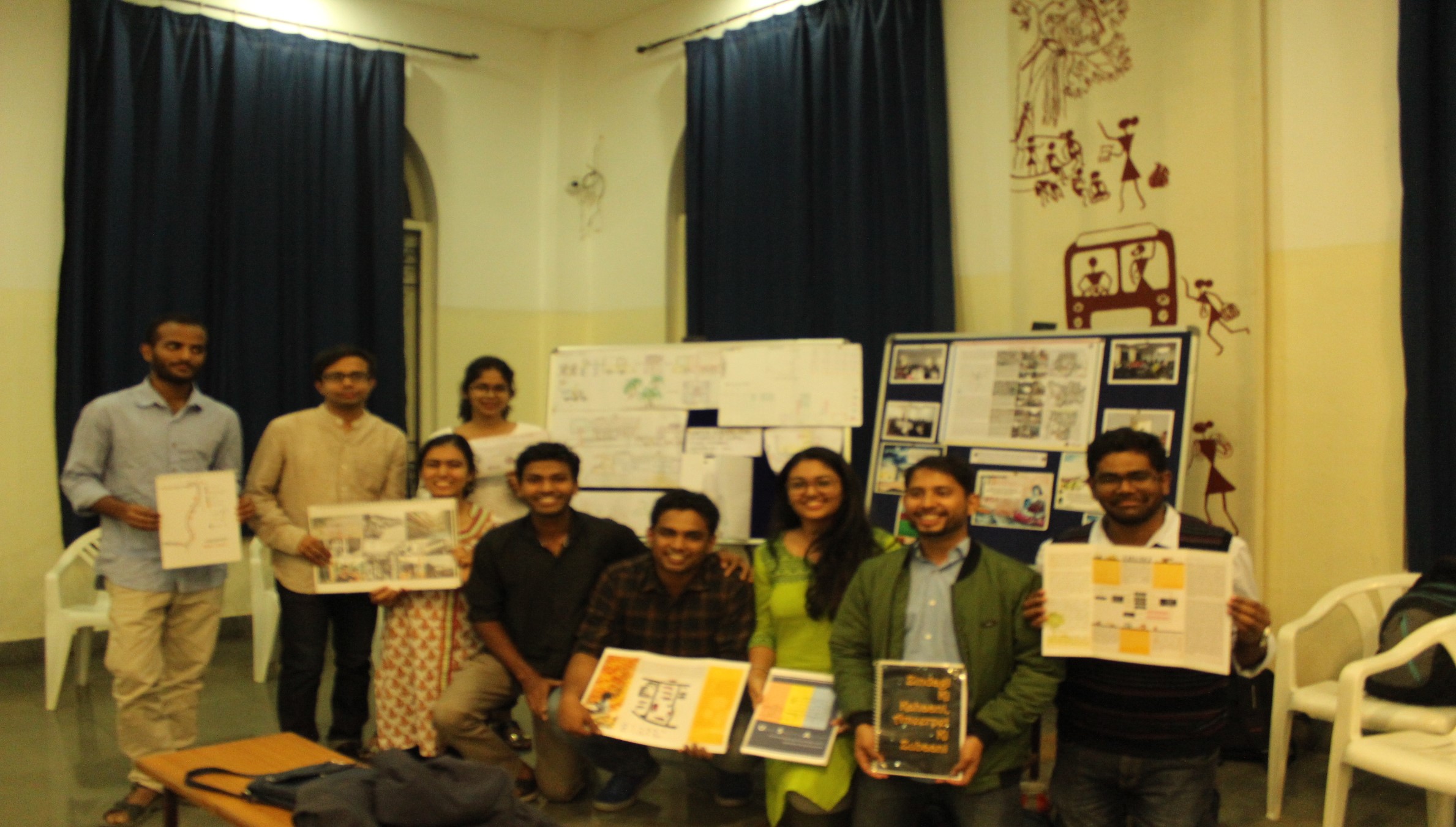
Maps
Exploring Neighbourhoods (Khajaguda-Nanakramguda, Secunderabad, Lingampally) by Kabeer Arora
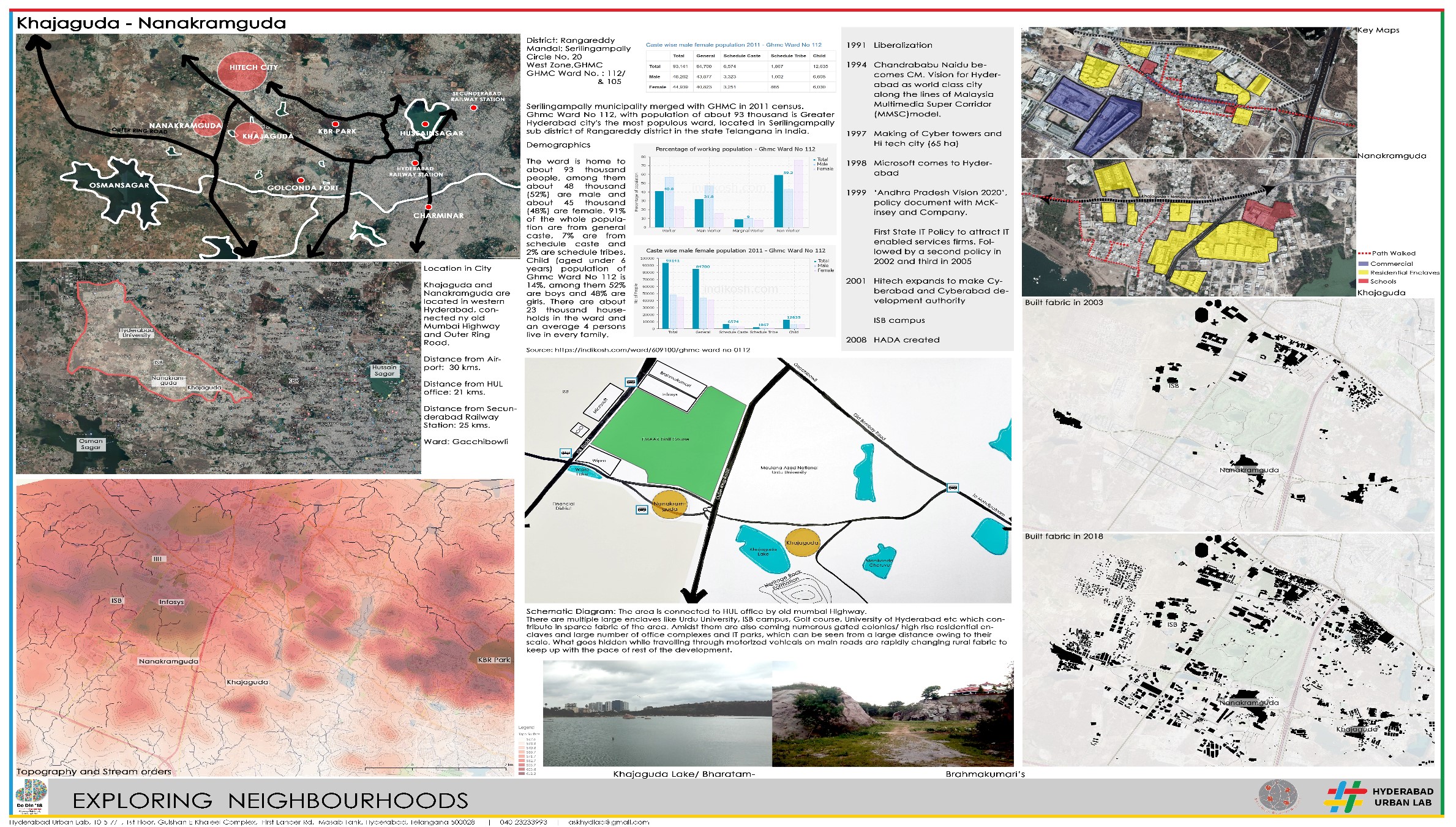
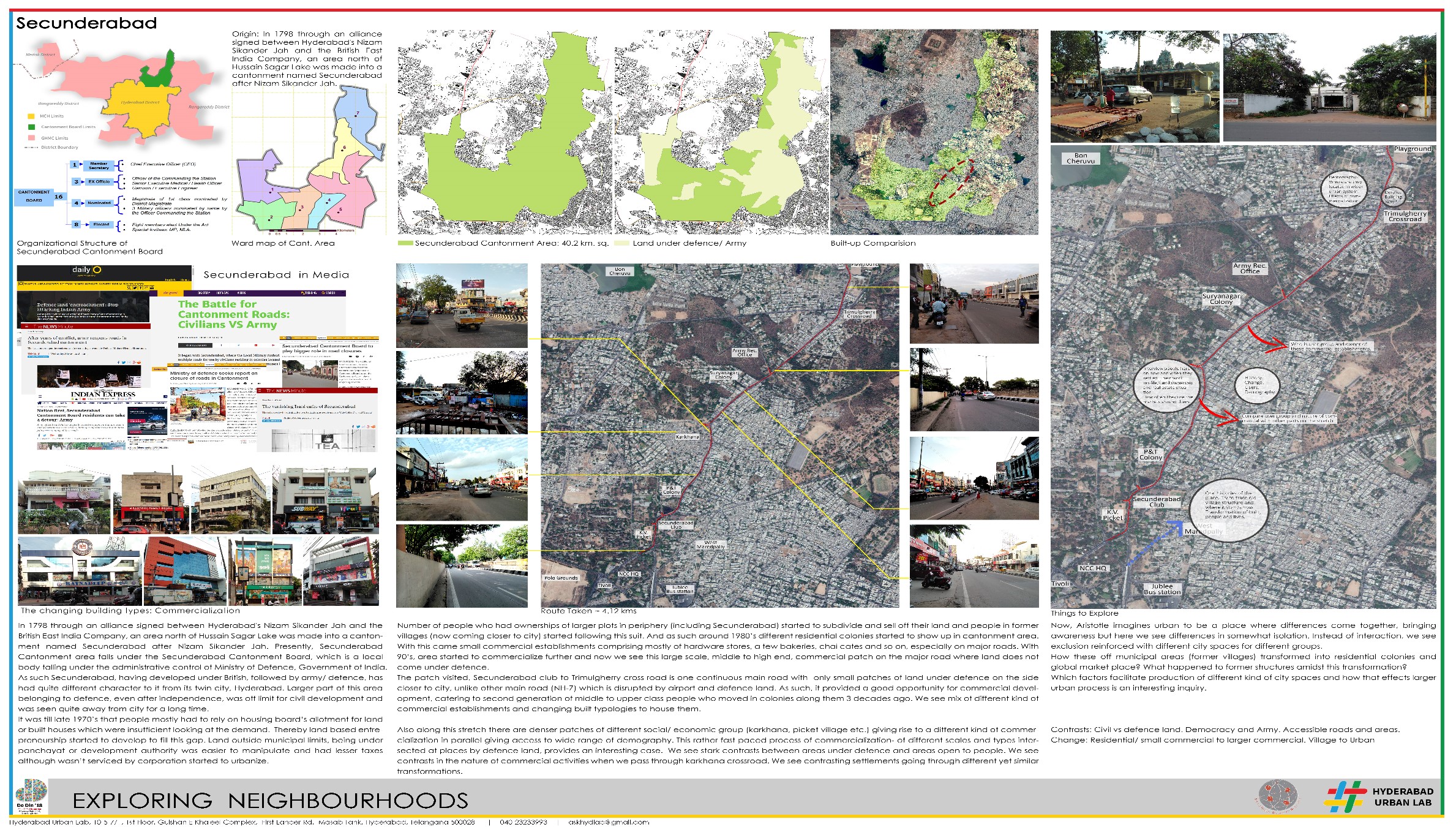
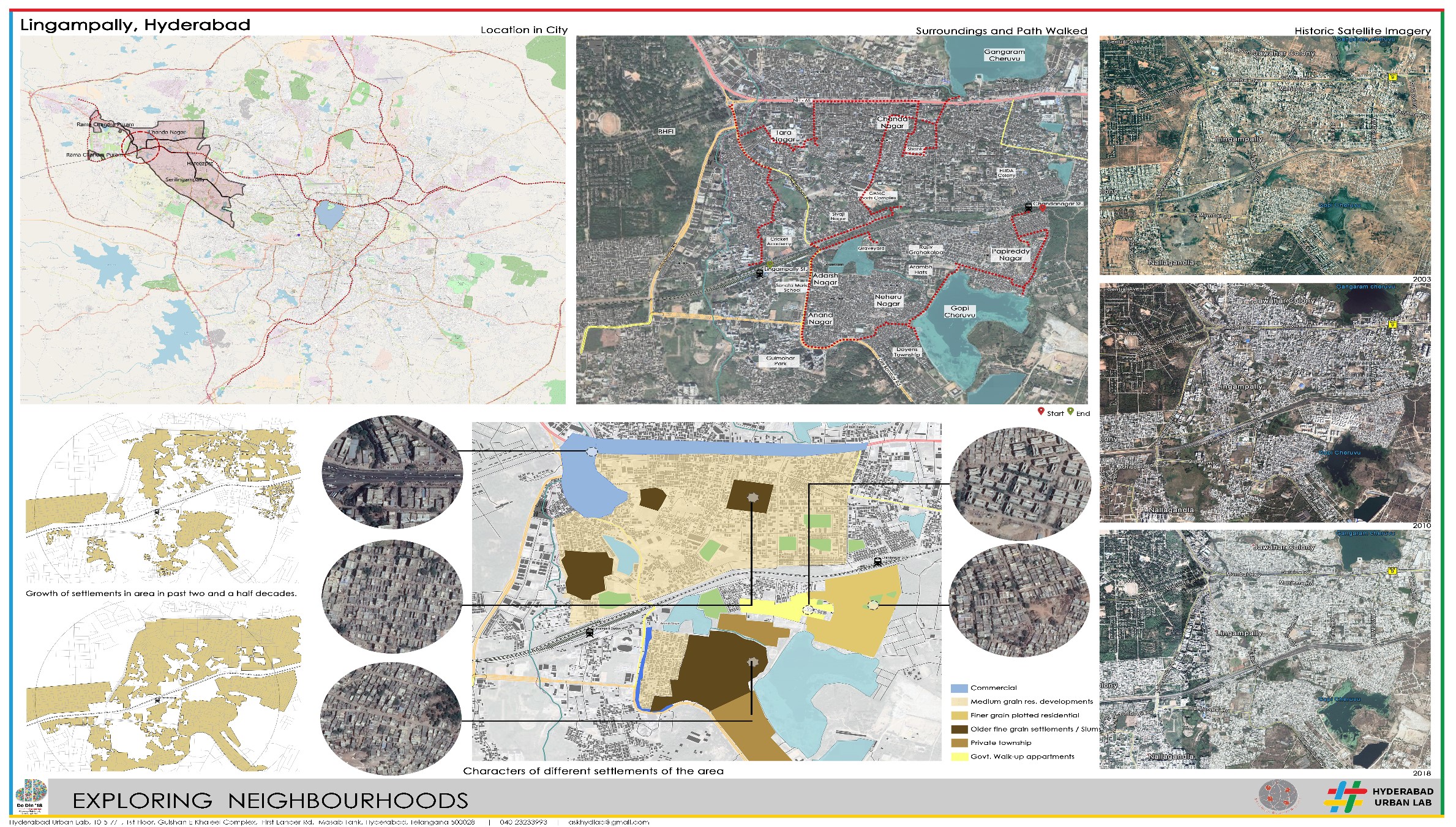
Places in the City by Ravi Kawre



Sketches
Thresholds by Dipon Bose, Inside – Outside, typology study of Chintal Basti



Chintal Basti 1.1: Interface between the formal and informal as a booklet, Dipon Bose
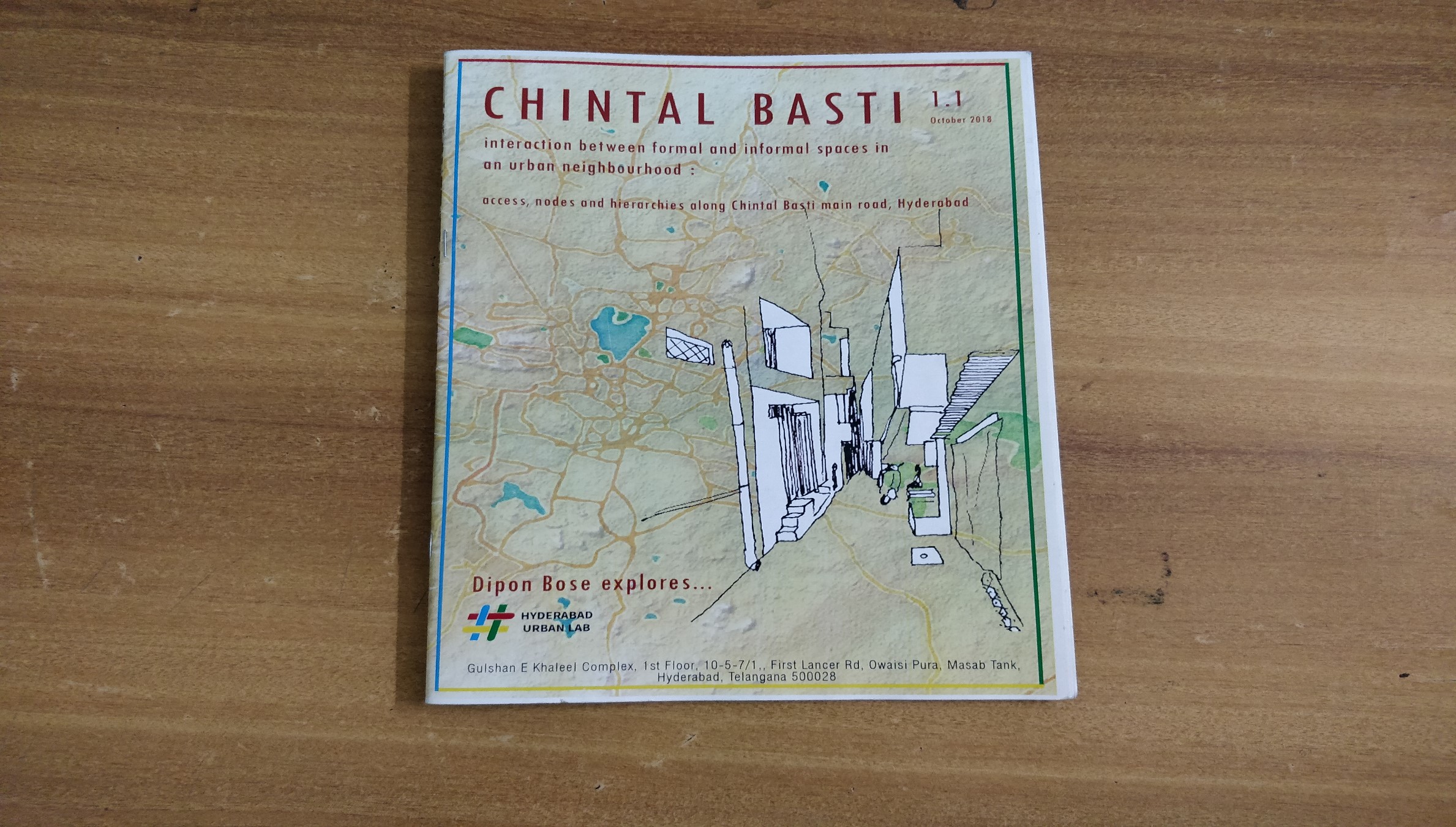
Poster/Report Synopses/Booklet
Ratab: A poster on the system of trust based shared auto rickshaw commute for school children, Swarna Dutt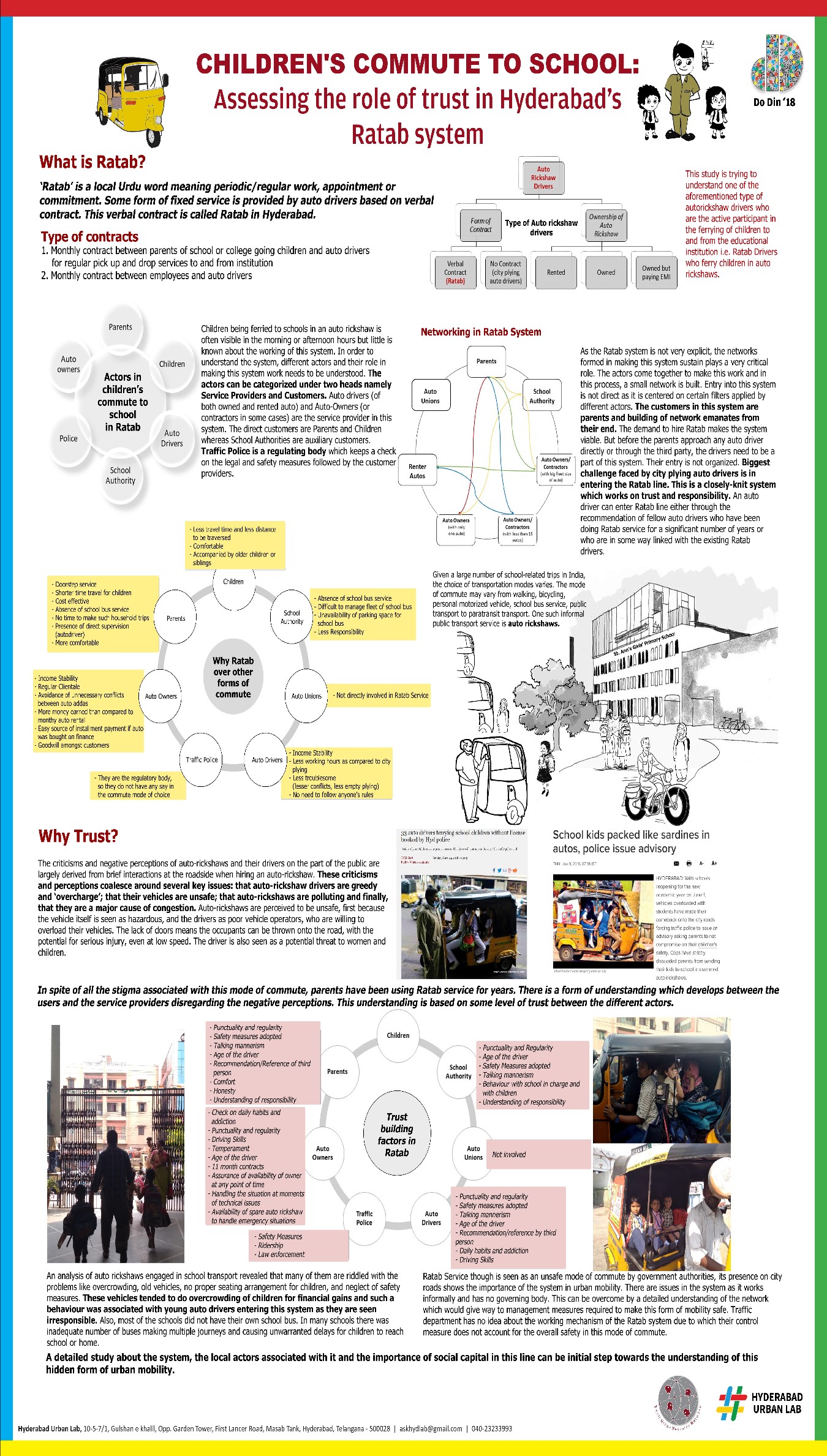
‘Ratab’ is the term for a system of periodic/regular work / commitment to provide a service (mostly mobility related) based on verbal contract between customer and service provider. Swarna Dutt conducted a study of the ratab system wherein auto rickshaw drivers ferry children to and from their schools. Exploring the role of trust that animates this system, this presentation offers a closer look at the range of local actors associated with it and the multiple factors that render this informal contract system to be one of the basic and more affordable paths that parents and schools can utilise to make elementary, primary, secondary and even higher education accessible for families that would otherwise have difficulty in educating their children.
Excavating Urban Infrastructure: The Metro Workers of Calcutta and The Chinnamul Story: Organising the Unauthorised, S. Bharat
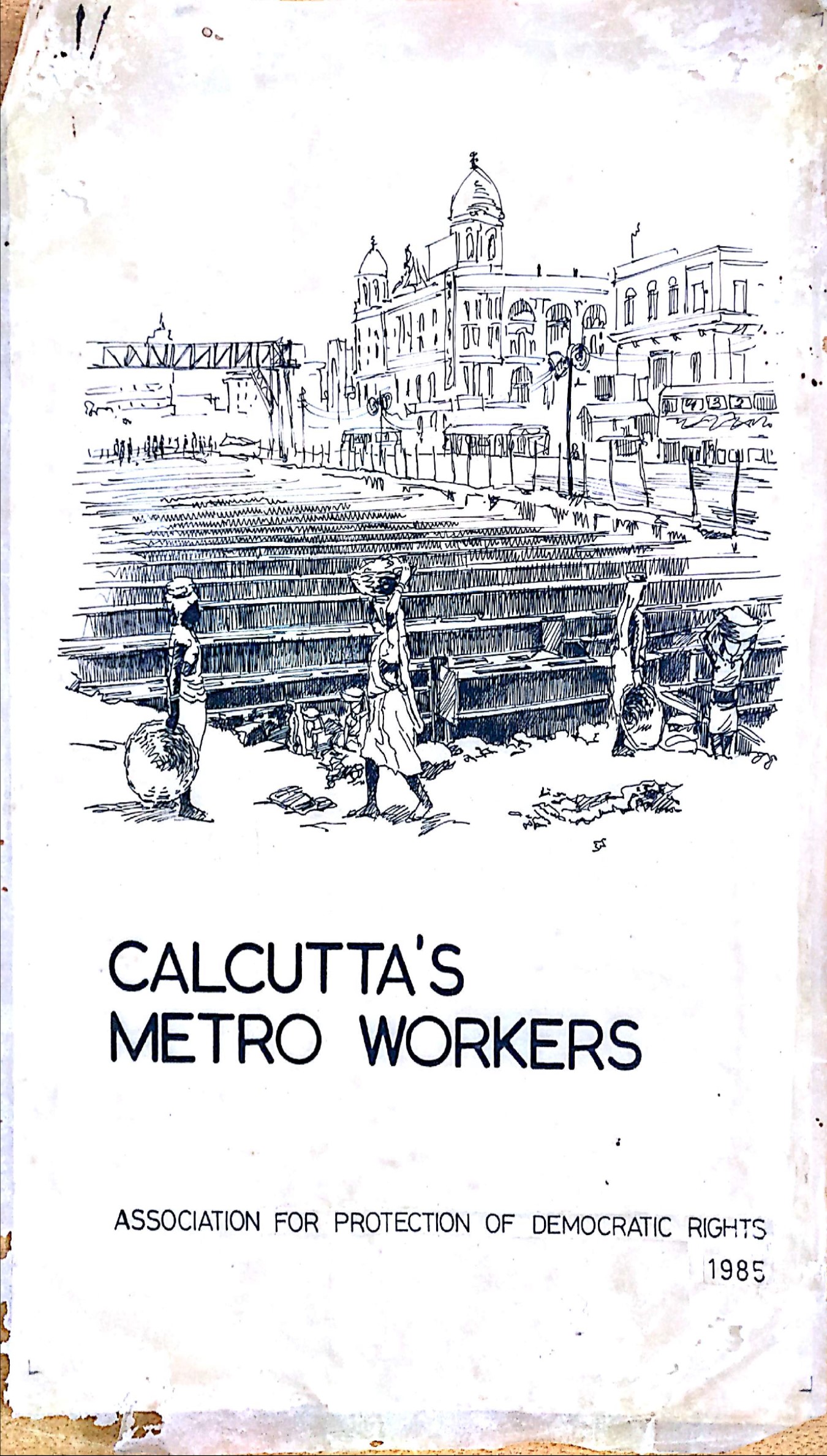
S. Bharat’s presentation brings together two components of an ongoing archival project on urban activism in Calcutta, under TURN.
Excavating Urban Infrastructure – The Metro Workers of Calcutta offers a paper trail of the discourse around construction of the Calcutta metro in the (early to mid) 1980s. APDR’s report Calcutta Metro Workers (1985), along with allied documents and photographs reflect the rawness of the archival process. The condition of construction workers resonates with the Do Din theme ‘Sheher Kiska?’
Does the city only belong to its residents? What place do transitory populations that make the city have in the city?
Organising the Unorganised – The Chinnamul Story, focuses on the housing struggles of the ‘’unauthorised settlers” of Calcutta through the work of Chinnamul Sramadibi Adhikar Samiti – a city wide platform for the advocacy of informal sector workers and squatters to emerge as political agents in their own right.
Stories of Water: How the inadequate infrastructure and overworked underpaid service provider bring water to our taps and faucets, Vanshika Singh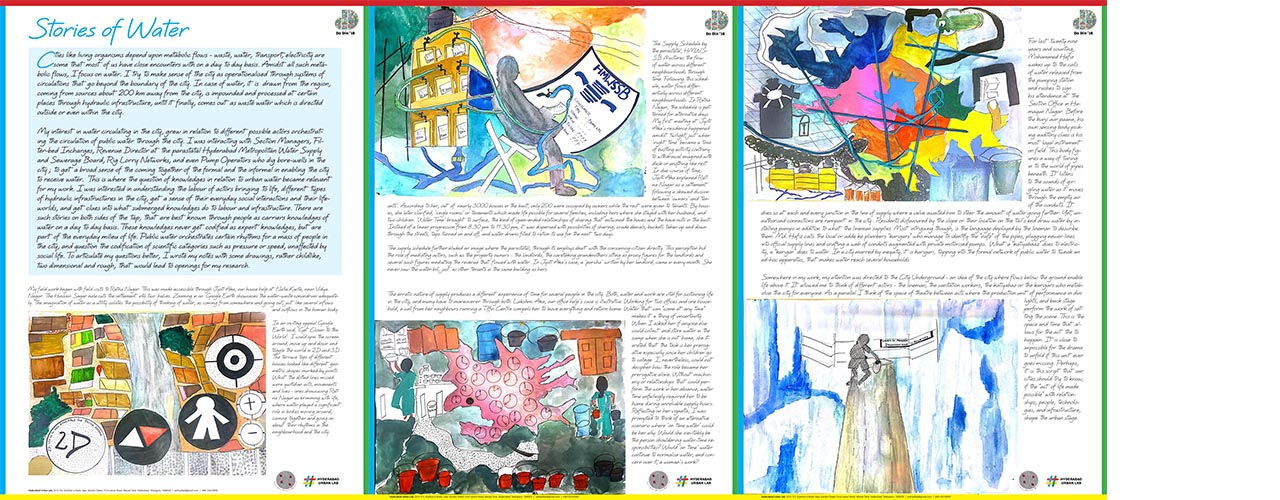
Cities like living organisms depend upon metabolic flow of water. Vanshika Singh uses her field notes and sketches to depict the city of Hyderabad as operationalised through water drawn from distant sources. Moving with Section Managers, Linemen, Filter-bed Incharges, officials at the Hyderabad Metropolitan Water Supply and Sewerage Board, Rig Lorry Networks, and even Pump Operators, she highlights their labour in relation to water-infrastructure of the city. Presenting stories on both sides of the tap as they emerge through interactions, negotiations and contestations she highlights the role of people as carriers of uncodified knowledges. These knowledges orchestrate certain rhythms for people in the city, and question the codification of scientific categories such as pressure or speed, unaffected and untouched by social life.
Unpacking Place – 1: Preparation of a manual to understand neighbourhoods, Ravi Kawre


This piece is about my parallel journeys as an artist and a researcher. My art is my refuge and it helps resolve my questions about work.

An international storyteller, she uses folklore, mythology and everyday tales as an educational tool across ages.

A melodious rendering of “Baawra mann dekhne chala ik sapna”, without any instrumental accompaniment.

Aijaz and his friends brought in the traditional Marfa beat with duff, dhol, steel pot and also taught us a few dance steps to the beat.

Sabika’s defiance, Panini’s forceful questions and Rajeshji’s account of the ordinary made for a rich poetic experience.

Neha, Saurabh, Rahul, Akhil offered a multi lingual musical experience accompanied by our beat boxer friend Sharan.

David is from Congo and while pursuing his studies in Hyd, is learning Gospel music.

Mrs Sanghamitra Mullick, an activist expresses her love for the city through poems, some of which she shared with us.
HUL and TURN

Hyderabad Urban Lab (HUL) began in mid 2012 as a programme of the Right to the City Foundation (TRTCF), a public charitable trust based in Hyderabad. The primary aim of the programme was to conduct research on urban issues in ways that would enable and validate knowledge production embedded in the here and the now of the urban.
In June 2016, through reincorporation as HULFT, the programme acquired a legal status. In spirit it has enabled us to continue to work towards the objectives that HUL set up for itself in 2012.
The HUL logo represents the urban grid, an interconnected network of resources and opportunities that should ideally be available and accessible to everyone who stakes a claim to them. In other words the logo represents the city as a space of resource sharing and opportunity generation for everyone that is part of it.
In addition to TURN work we also had some other fun during 2018:
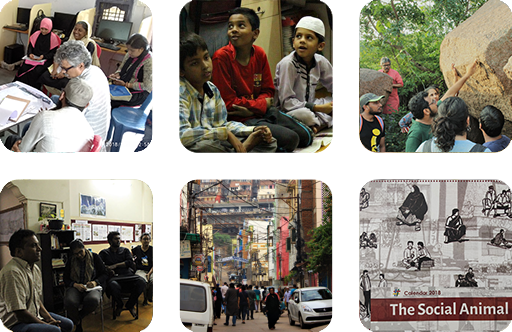
View The Social Animal Calendar (2018) Promo
1. Rasoolpura: Ghar, Basti, Sheher 2. Iftaar at HUL office 3. Rock Walk at Khajaguda 4. Workshop with Dr. Maddipati on his journey at Ambedkar University Delhi, School of Design 5. TISS Winter Workshop: Ameerpet 6. Calendar 2018: The Social Animal
(From top left to bottom right)

In 2017, Hyderabad Urban Lab became a member institution with the Tacit Urban Research Network (TURN) Project, along with Centre for Policy Research, Indian Institute of Human Settlements, and Tata Institute of Social Sciences, Mumbai.
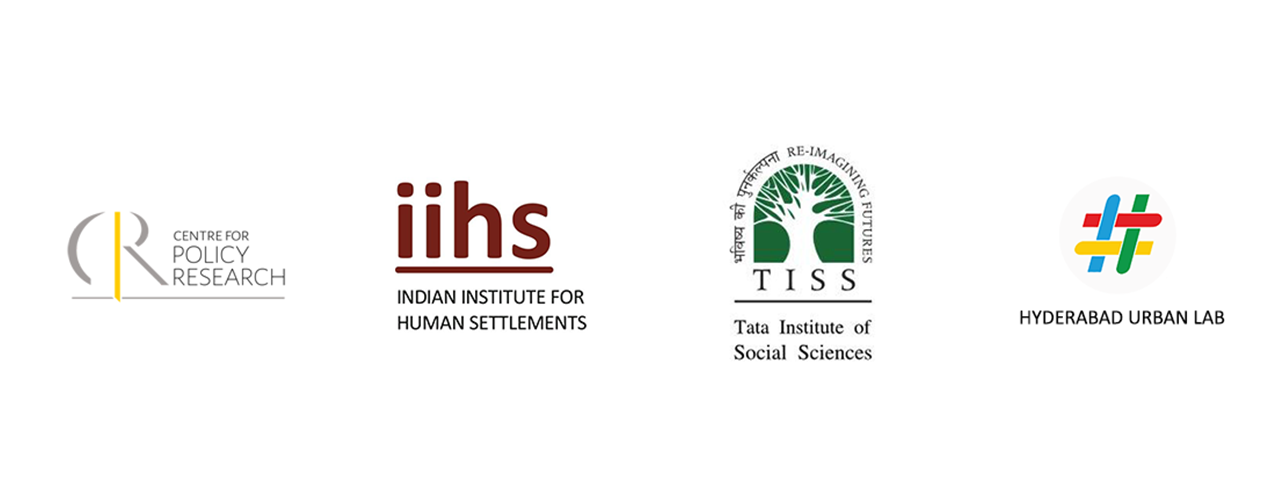
The research network aims to increase the visibility and understanding of hitherto ‘tacit’ knowledge about urban informality in India, and push for more inclusive policy frameworks.
HUL’s work in 2018 was shaped by the conceptual foundations and objectives of the TURN Project. Through orientation sessions for researchers and a series of in-house workshops on ‘Epistemology and Research’, HUL crafted its current work which broadly entails:
• Mapping patterns of changing spatial relations in the city
• Practicing community engagement
• Making visual representations of varying informalities within housing
• Developing manuals for understanding place and honing spatial imaginations
• Studying shared mobilities as a trust based utility
• Unearthing submerged knowledges and embodied work practices vis a vis water infrastructures
• Creating archival narratives of people’s movements (Calcutta)
GALLERY
Participants Speak……
“This was such a pleasure and honor to do with you all. It was one of those events I’ll remember for years to come. “
“Congratulations to HUL on pulling off such a complex and choreographed yet spontaneous event! SOO much work, care, and co-ordination. I appreciate your labors– intellectual, material, aesthetic and emotional– greatly.”
” It was a lovely and different experience for me to be at Do Din and listen in, learn from the very insightful exchanges over there…and so many new friends :)”
ANNOUNCEMENTS
HUL will host two TURN workshops in 2019
We hope to expand our engagement work in the coming year
HUL will be reviving Chai Ho Jaaye with new groups of people, beginning with international students in the city
We are hopeful of doing a few exhibitions of HUL’s work in 2019
Some of the DD 2018 session videos have been uploaded on YouTube. View them here
For further details on any of our sessions and/or enlarged versions of any of our visuals, please feel free to write to us
ACKNOWLEDGEMENTS
Our heartfelt thanks to Vidyaranya school, its administrative and caretaking staff for helping and supporting the conduct of Do Din 2018.
Do Din becomes possible through the collective effort of several individuals and organisations. We take this opportunity to acknowledge and thank everyone who has contributed to the execution of the event. A very special thanks to the TURN Secretariat at CPR Delhi for its unconditional support.
CREDITS FOR DO DIN
Countdown
City Playlist – Vanshika
HUL team on the theme – Moyna, Bharat Iyer and Kabeer Arora
Concept, Theme, Structure and Overall Coordination
Dr. Anant M
Ms. Bhashwati
Design, Execution & Graphics (Poster, GIFs and Takeaways)
Ganga Prakash, Bala Gopal,
Dipon Bose, Ravi Kawre
Correspondence
Ms. Bhashwati
Communication & Publicity
Vinay, Vanshika, Pullanna
Adhir, Dr. Anant M
Logistics and Venue Coordination
Vanshika, Cynthia, Moyna,
Vinay, Ashish
Venue Maintenance
Vidyaranya School
Admin, Housekeeping and Security Staff
Transporting Equipment and Materials
Moyna, Kabeer, Ravi, Ashish
Exhibit Curation
Hakimpet Model- Deccan Amalgam Team
Photographs- Harsha Vadlamani
HUL’s work- Neha V and Moyna
Art Installation- Vanshika, Moyna
Registration
HUL Team and Ms. Bhashwati
Schedule Management, MC
Vanshika
Standby MC and Translator
Dr. Anant M
Documentation
Video- Vilasini, Ashish and Pujitha Enterprises
Rapporteuring- Swarna, Sneha, Bharat
Photographs- HUL Team
Sound, Light and Other Equipment
Vedeka Events
Printing
Bhagya Lakshmi Printers, Siva Graphics, Maruthi Printers
Display Panels and Accessories
Azad Industries
Hospitality Coordination
Moyna and Vinay
Hospitality
Golconda Hotel, Masab Tank
CESS Guest House, Ameerpet
Munnar Suites, Humayun Nagar
Downtown, Banjara Hills
Hamdan Water
Surya Tiffins
Dine Hill Restaurant
Outstation Travel Coordination
TURN Secreteriat, CPR Delhi
Local Travel Support
Shankar Driver & Lynk
CREDITS FOR DO DIN WEBSITE
Logos
Do Din 2018- Neha V
Turn- Neha V
HUL Logo- Arvind
Photographs
Kabeer, Bharat, Vilasini,
Dipon, Ishwarya
Audio/Video Interviews
Ashish, Bharat
Video Edits
Vilasini
Pre-Event Website
Vilasini, Ganga Prakash & Bala Gopal
Web Administration
Sridhar Potlacheruvoo
Final website, compilation. arrangement, coordination, composition
Shriya, Vilasini and Bhashwati
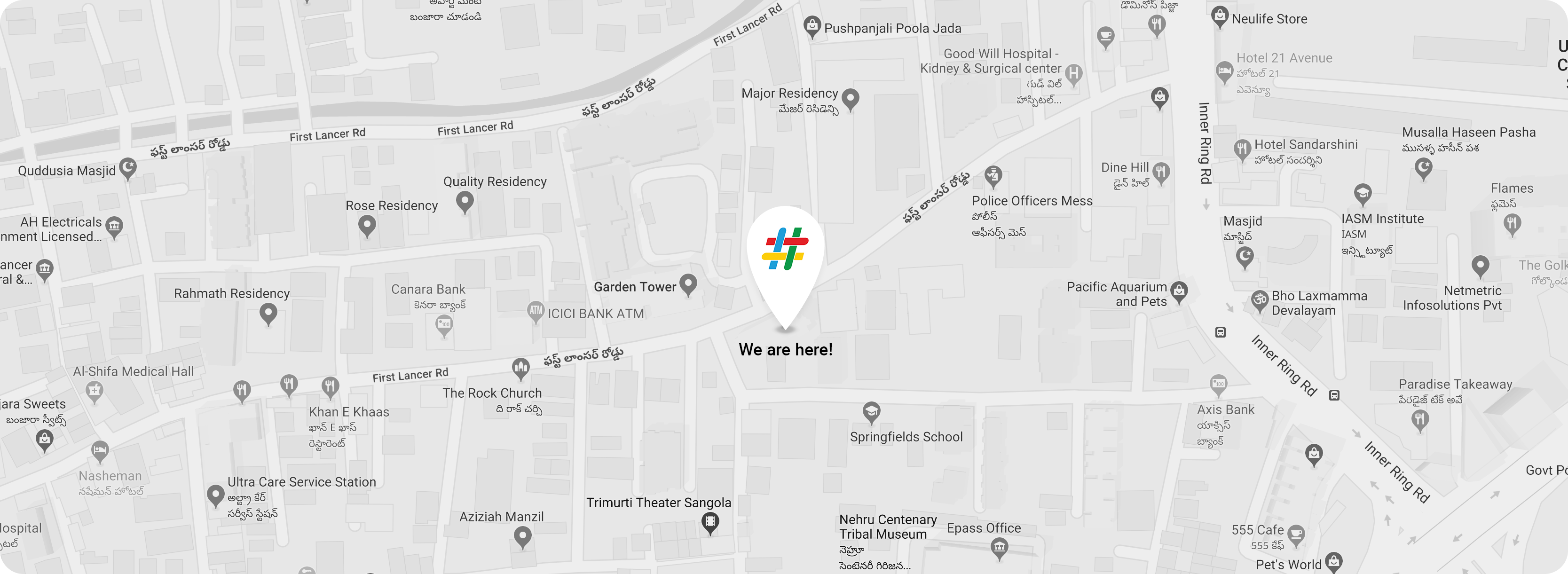
CONTACT US
Address: 10-5-7/1, Gulshan-E-Khaleel, First Lancer Road, Masab Tank, Hyderabad
Phone: +91-40-23233993
Email: askhydlab@gmail.com
